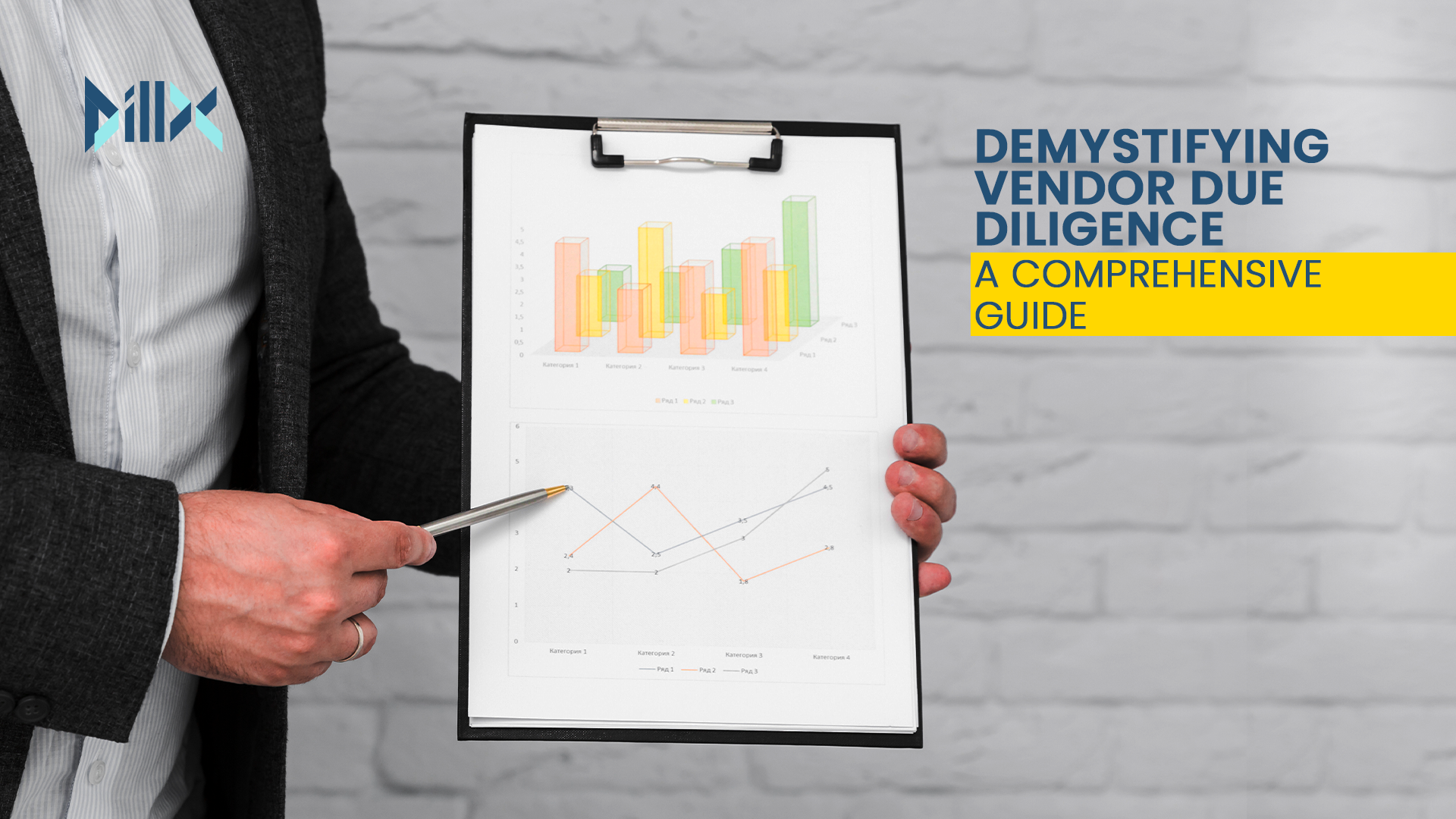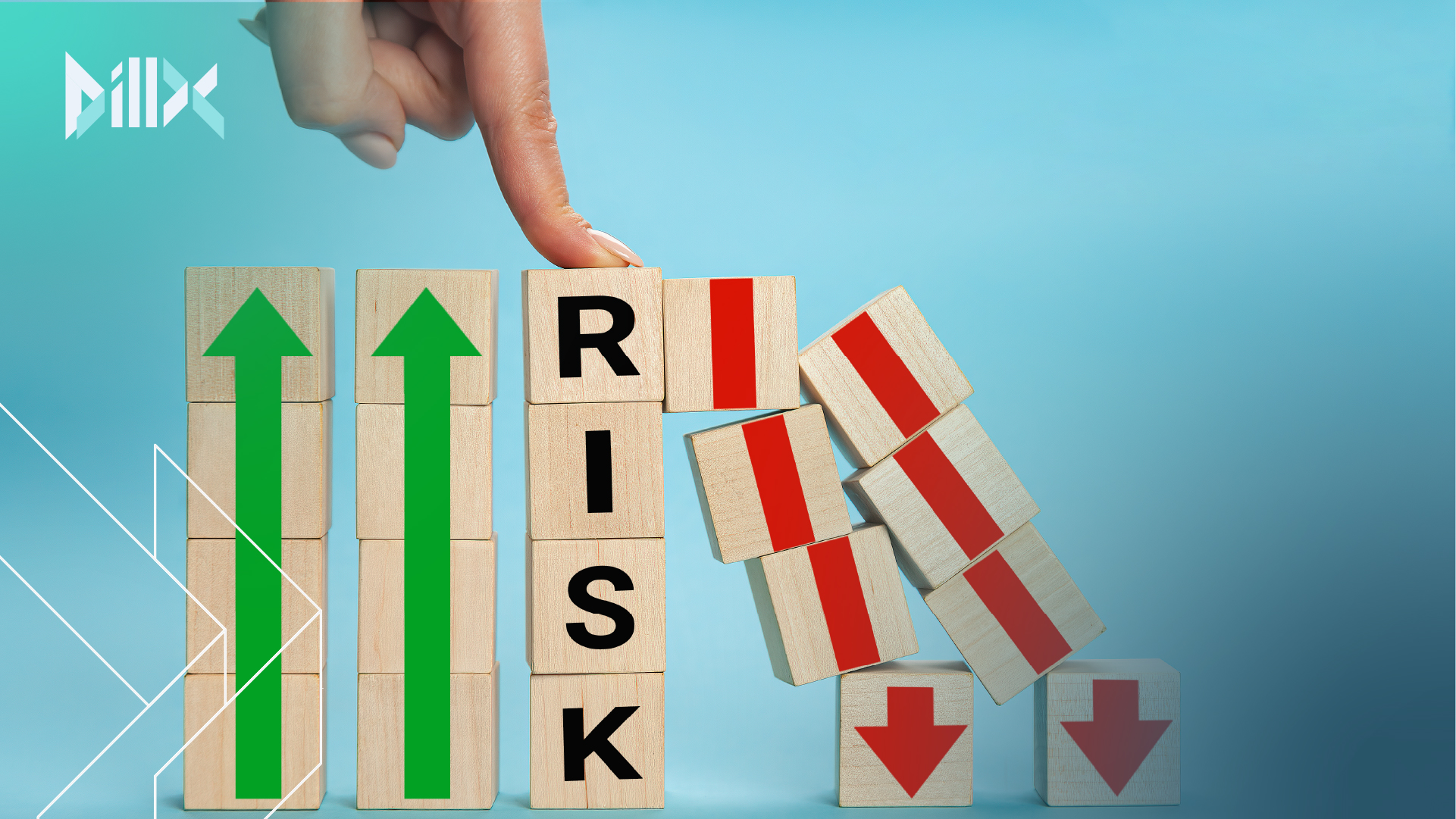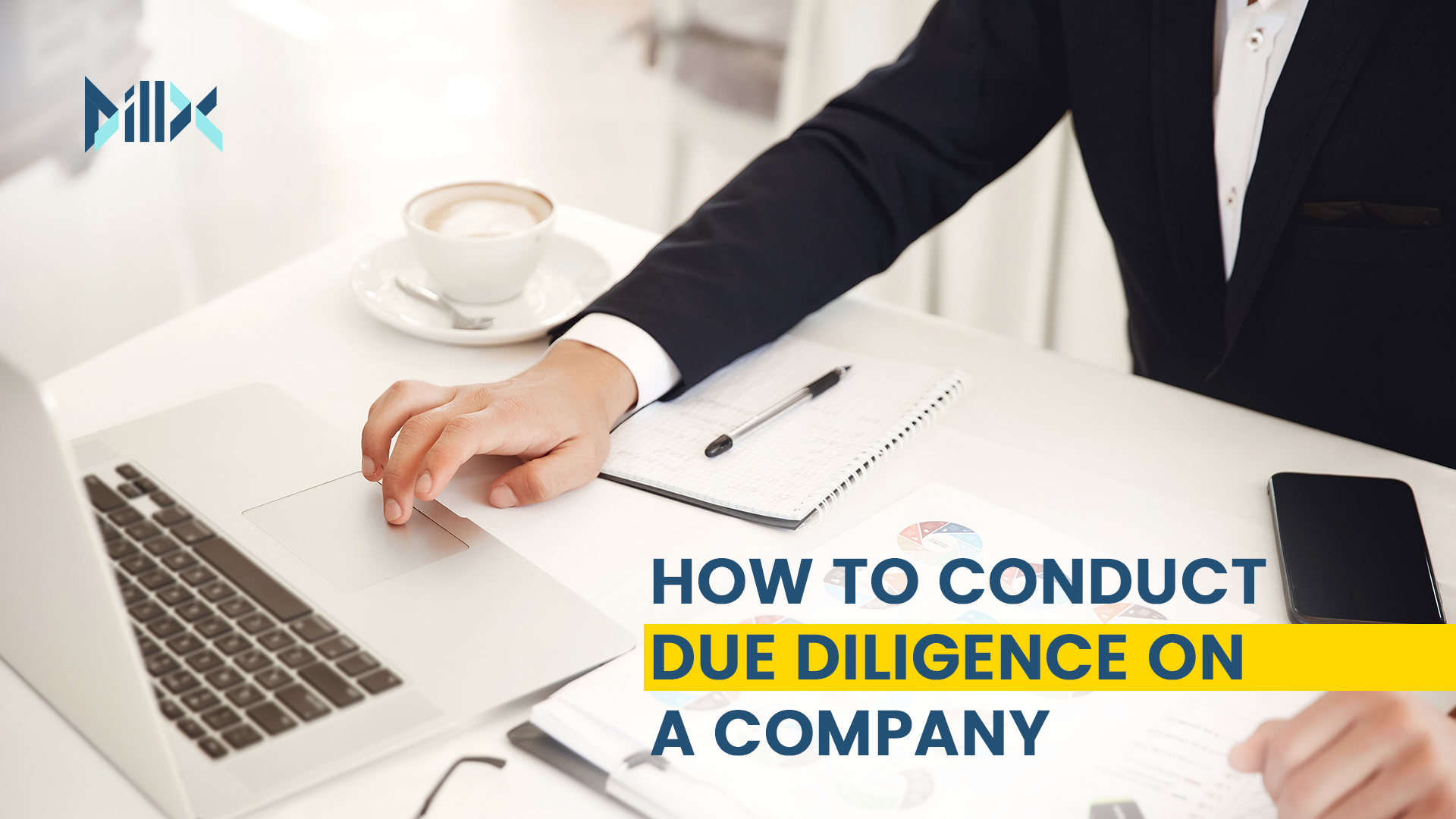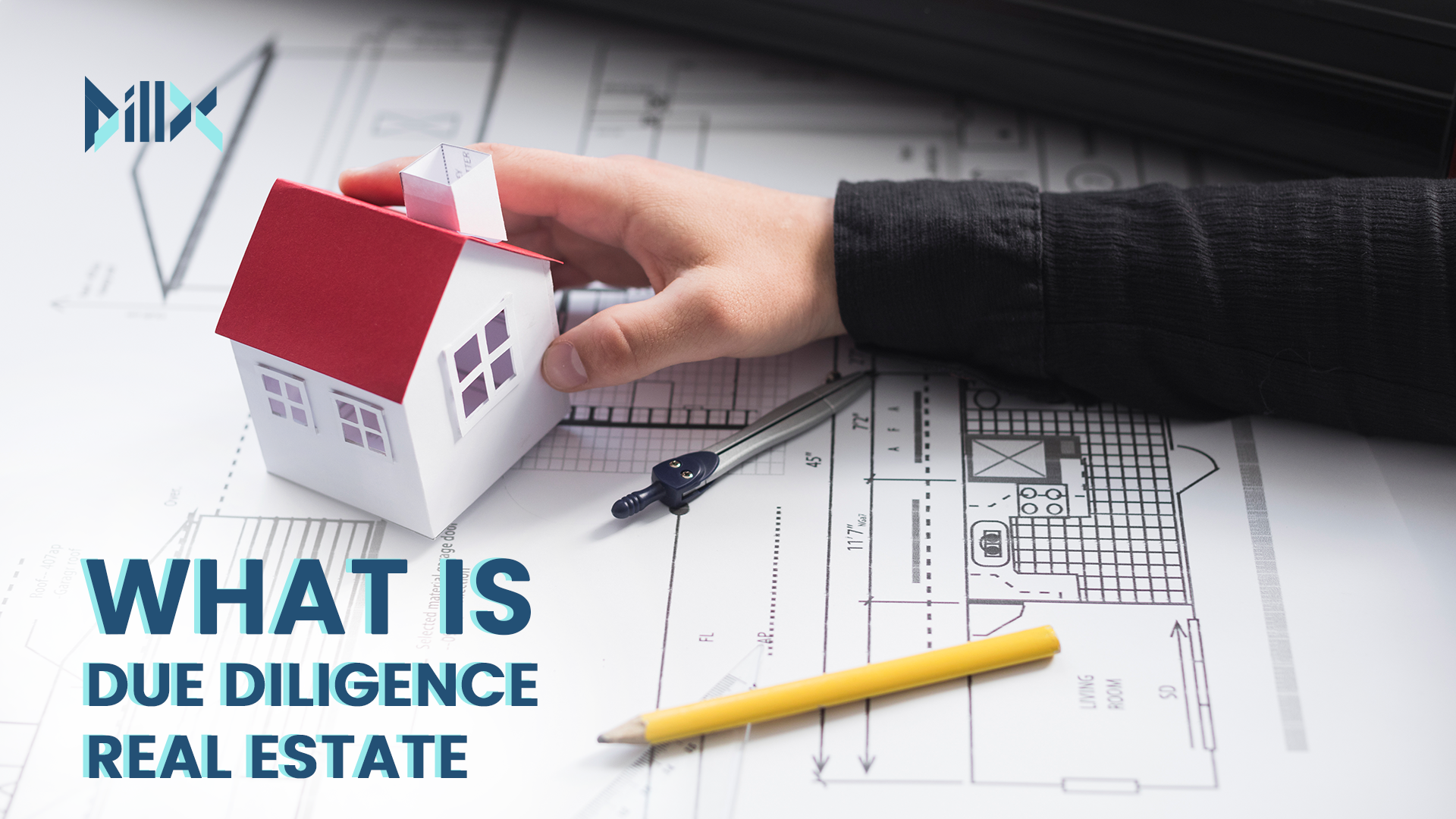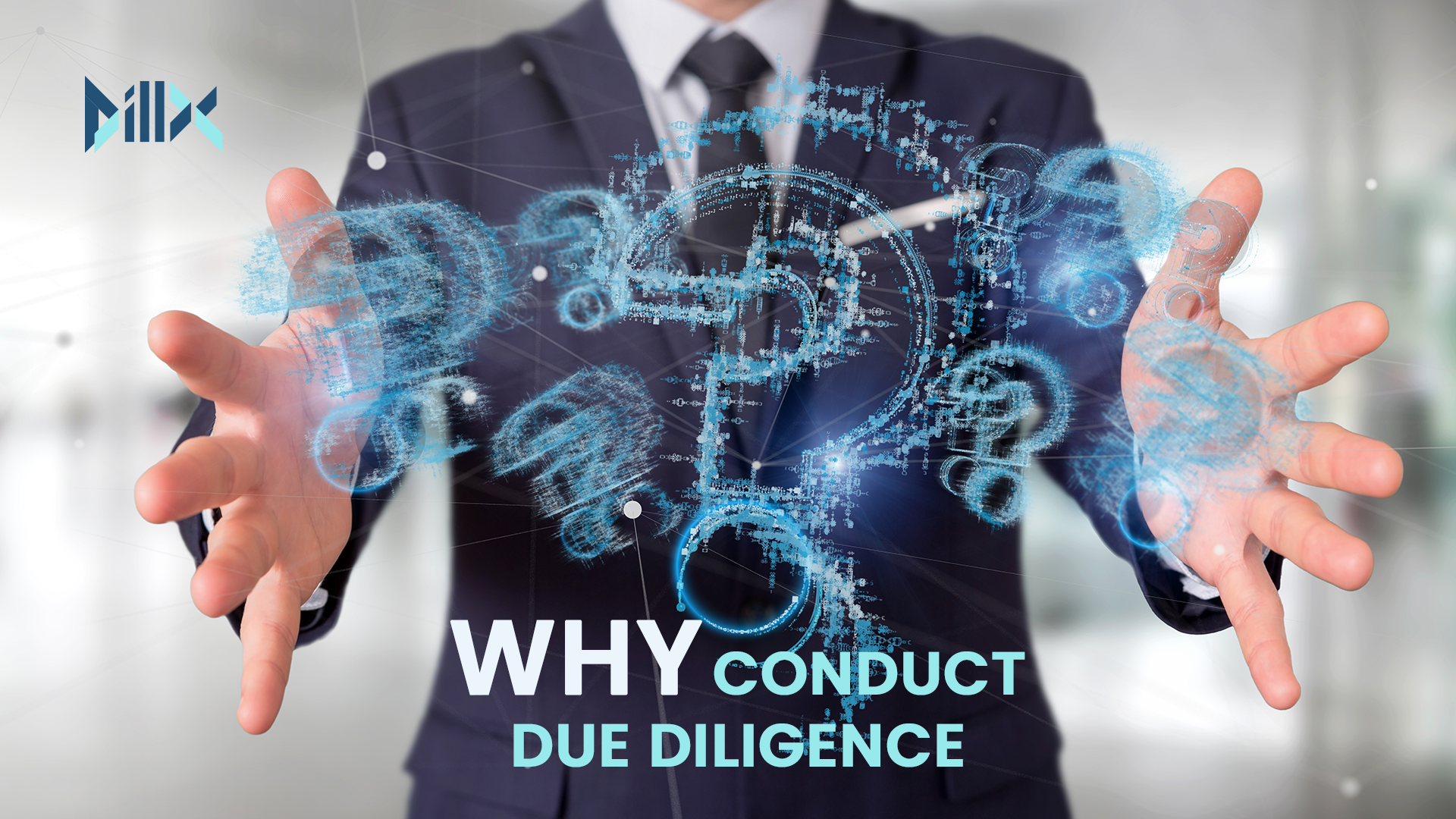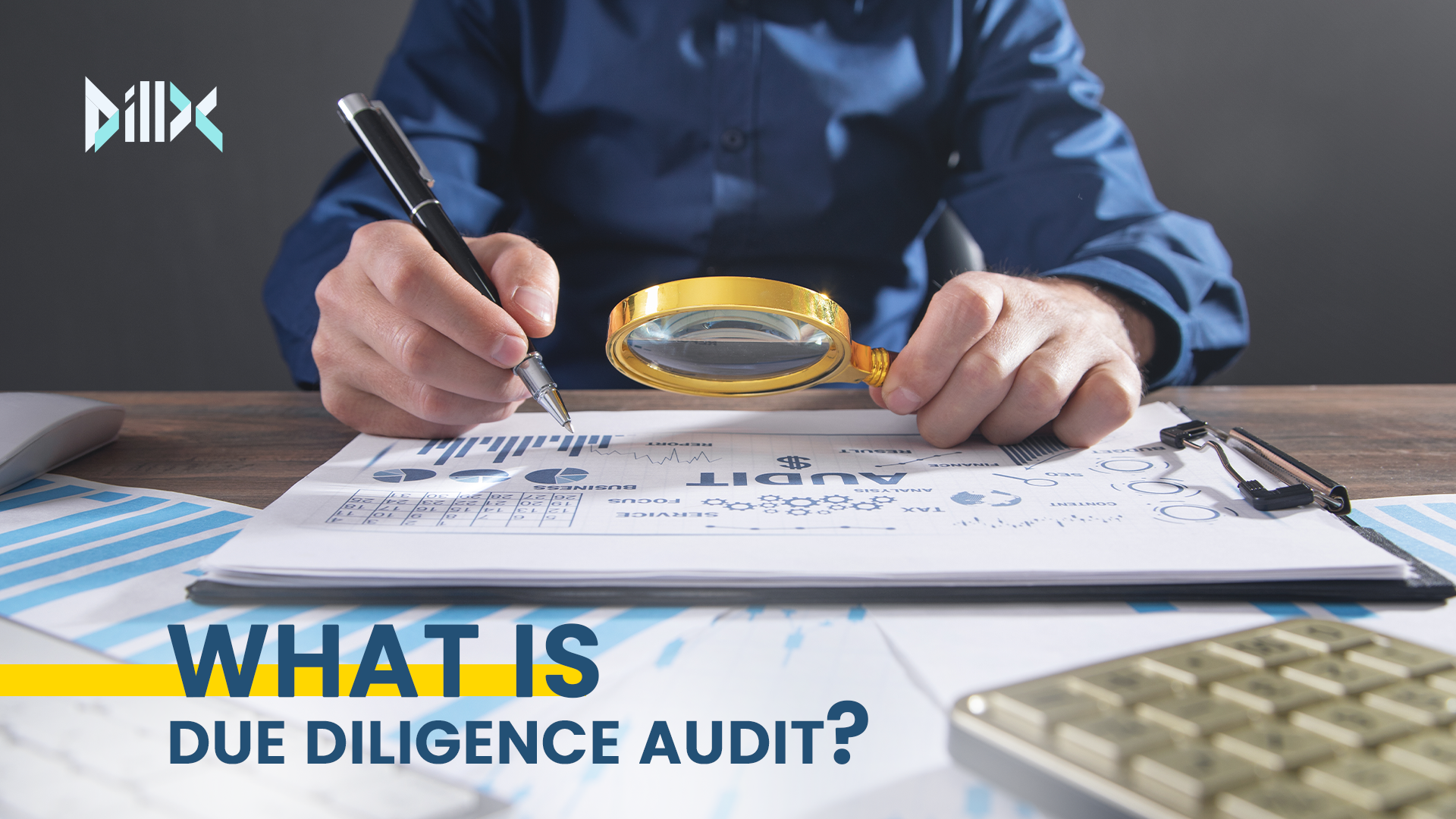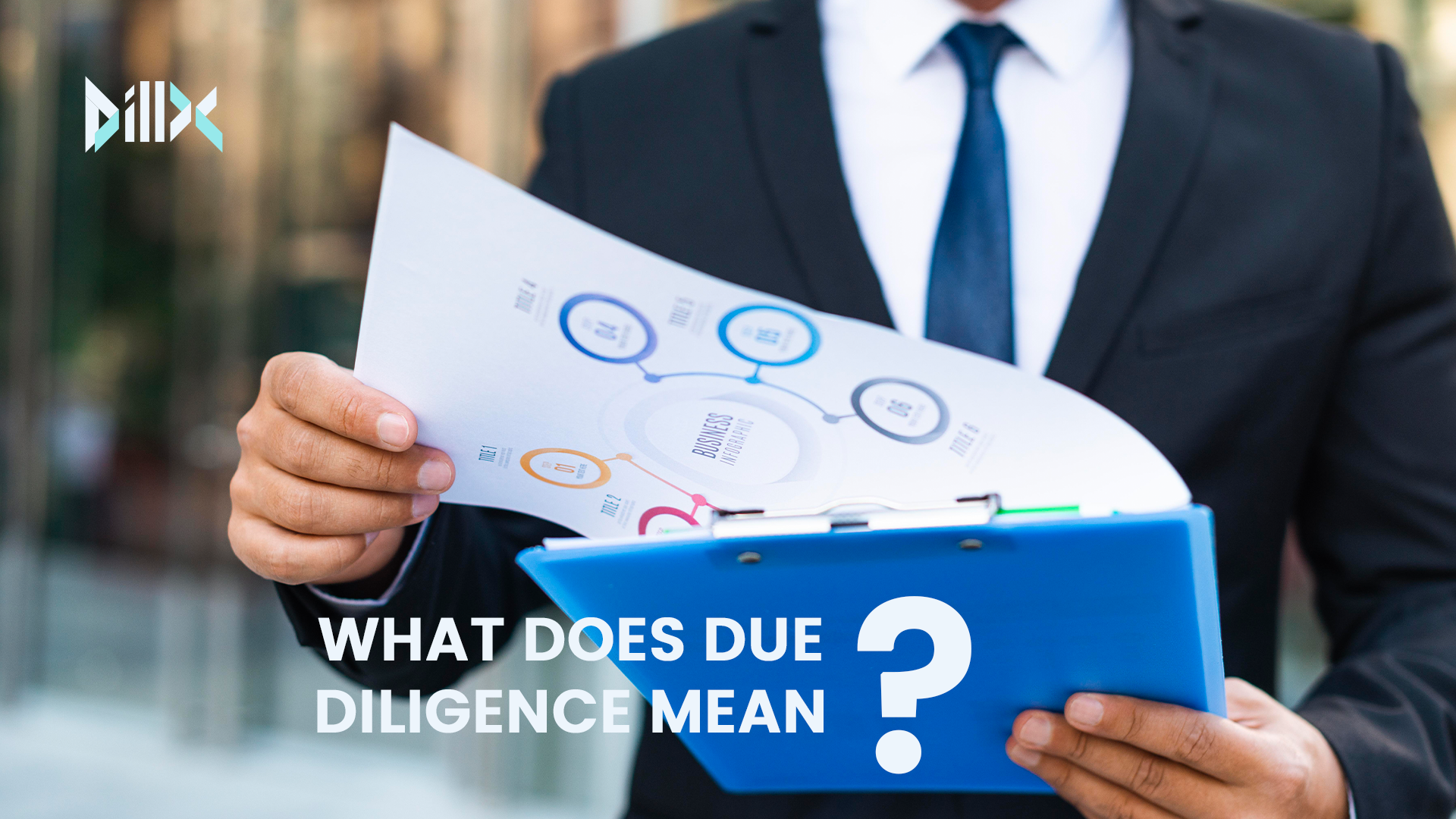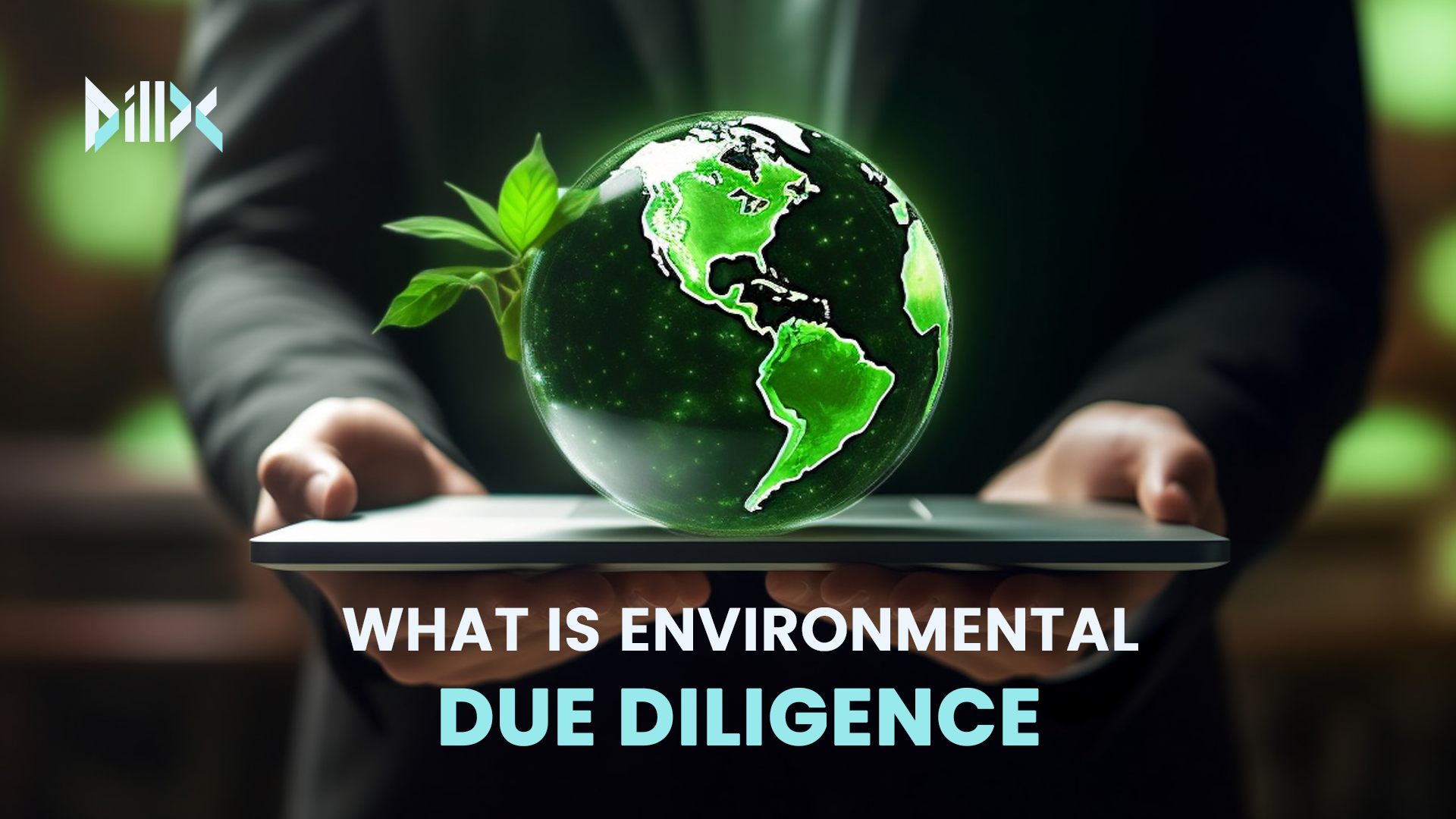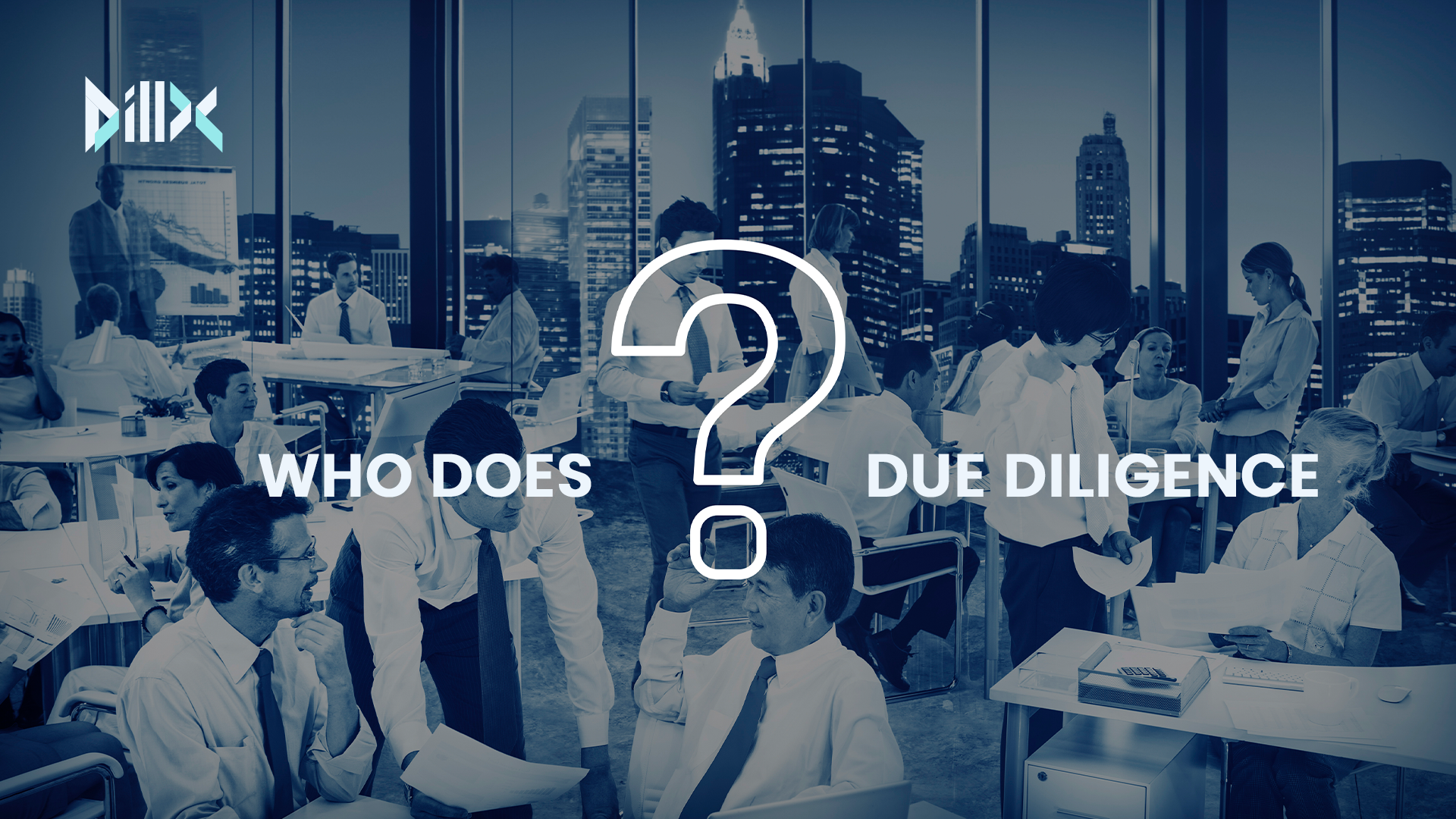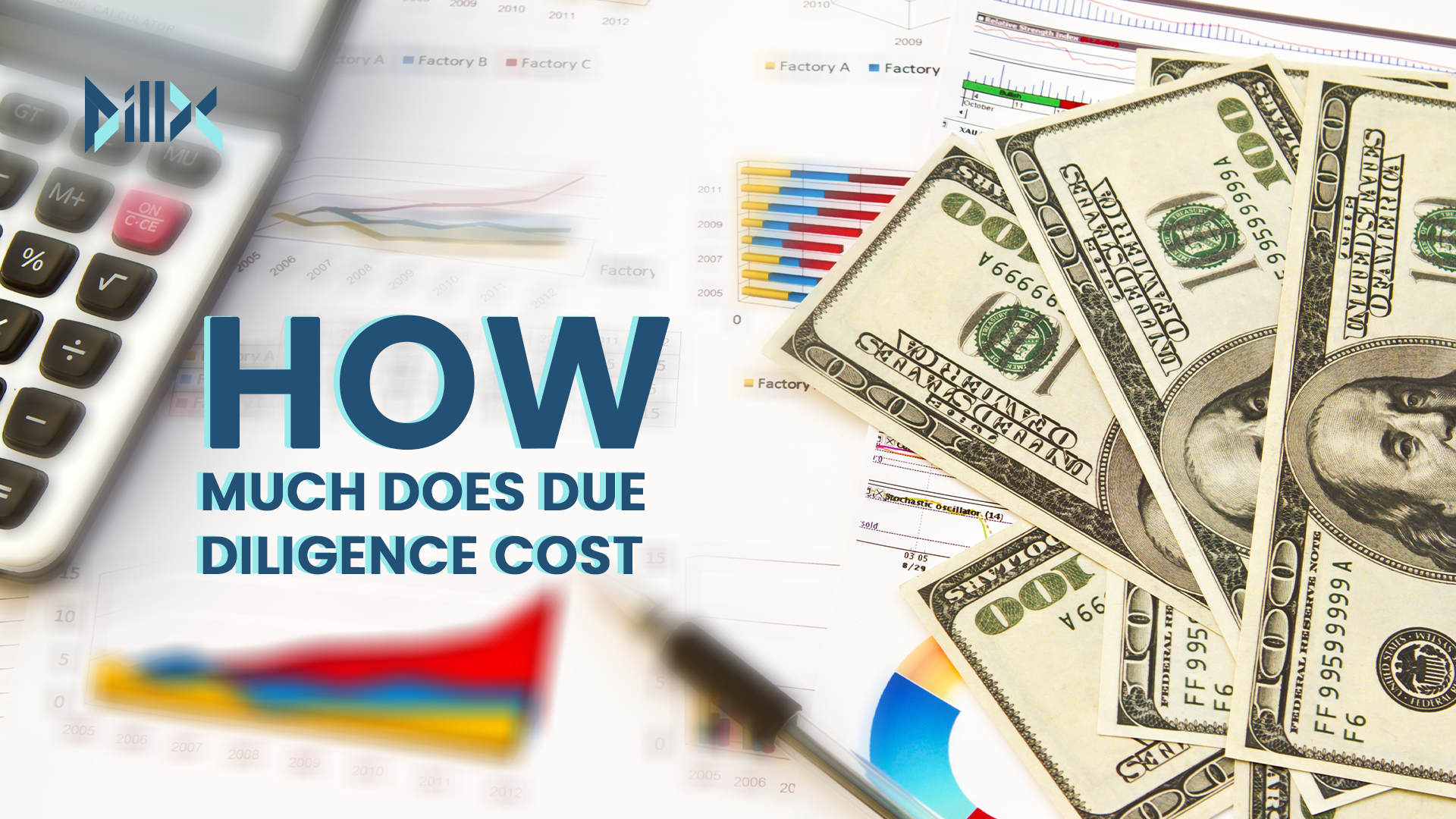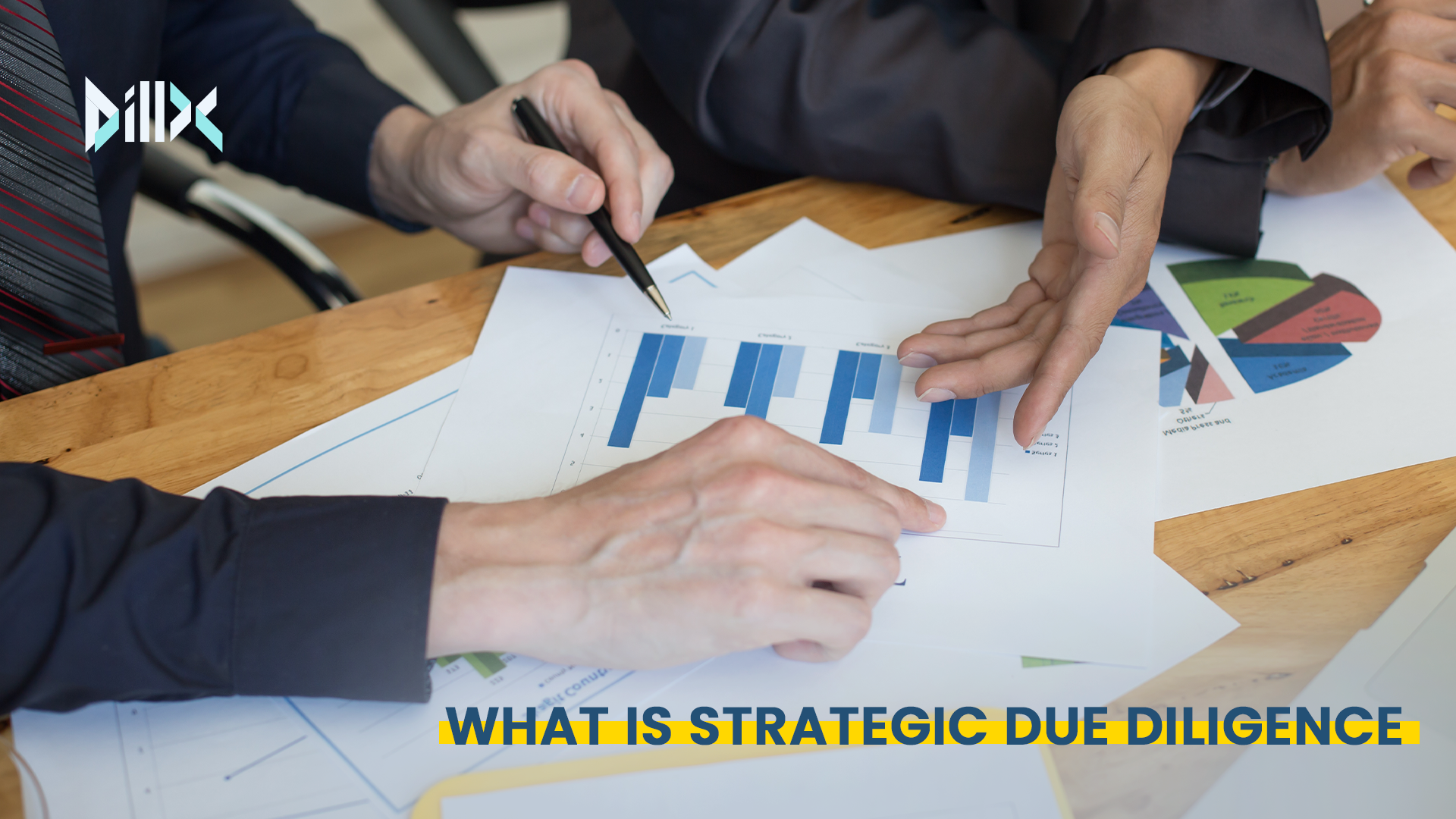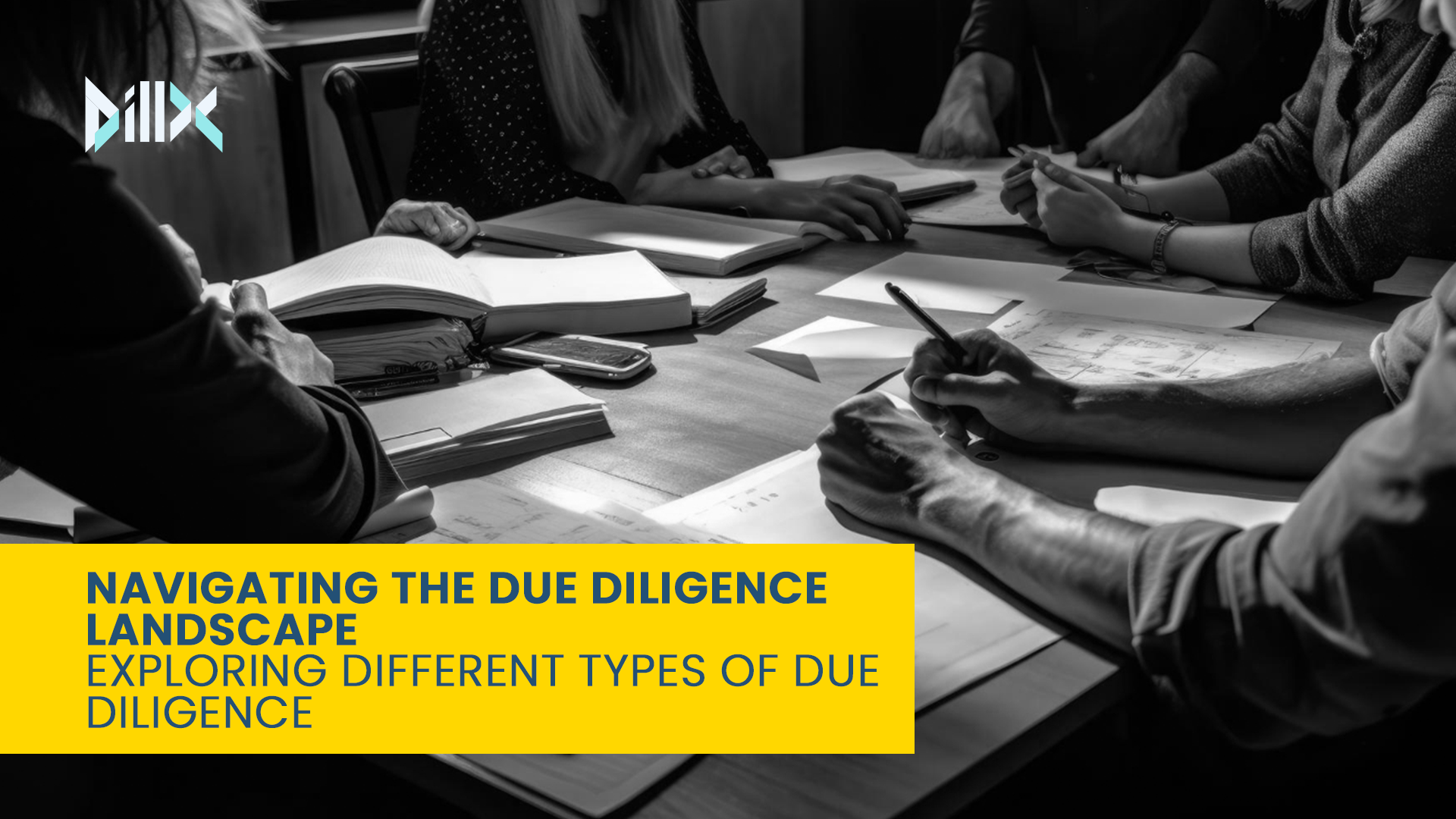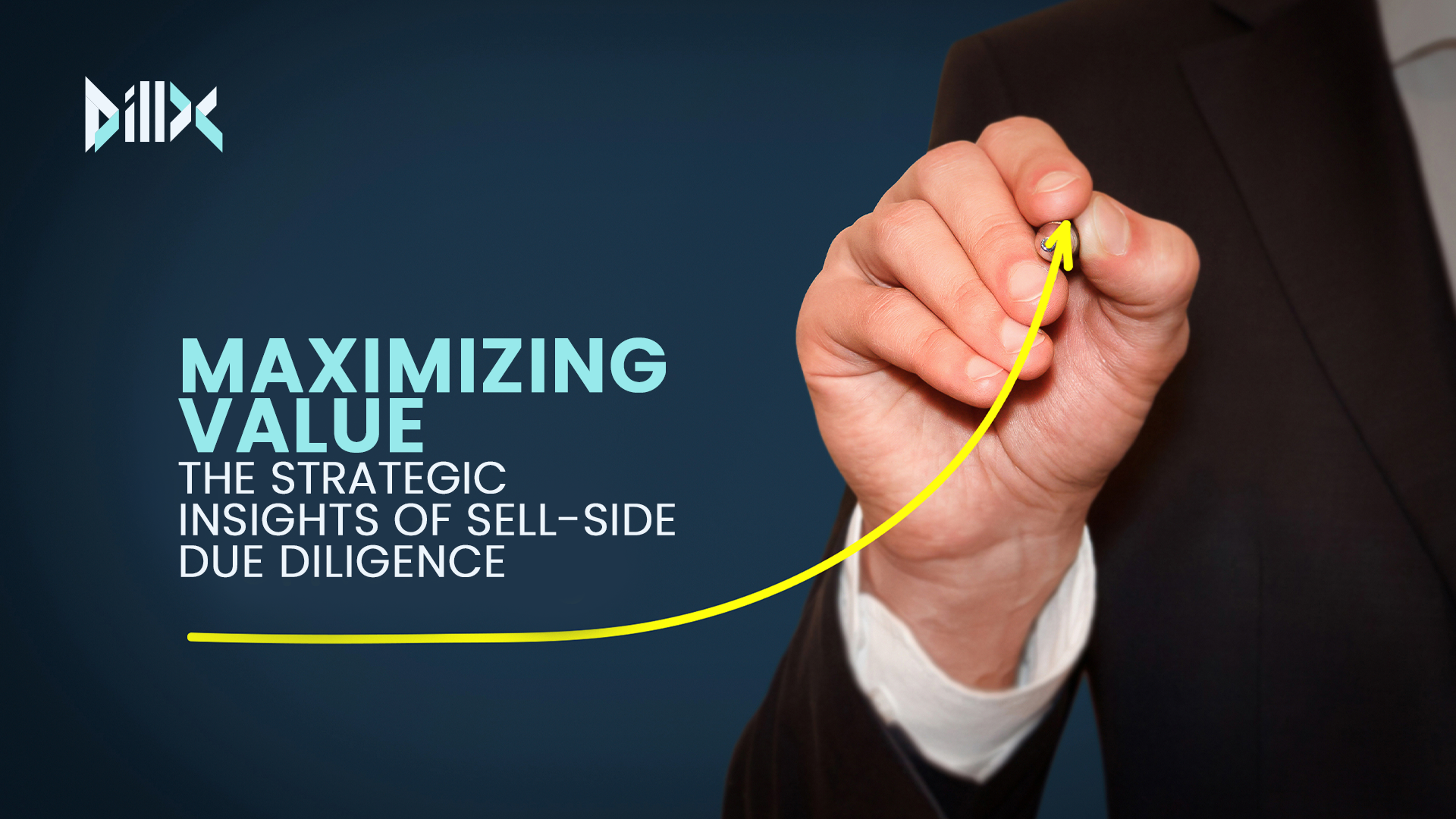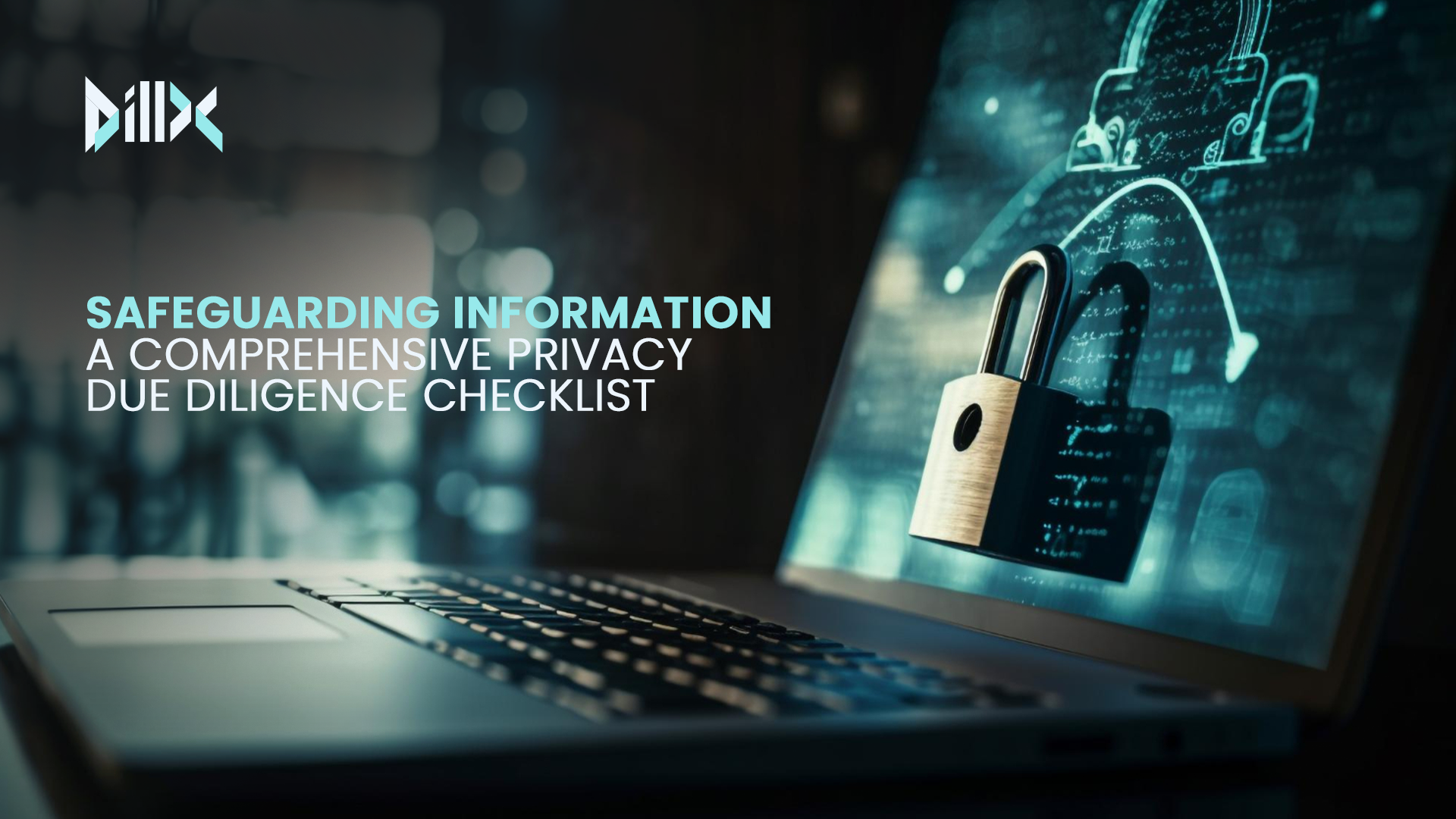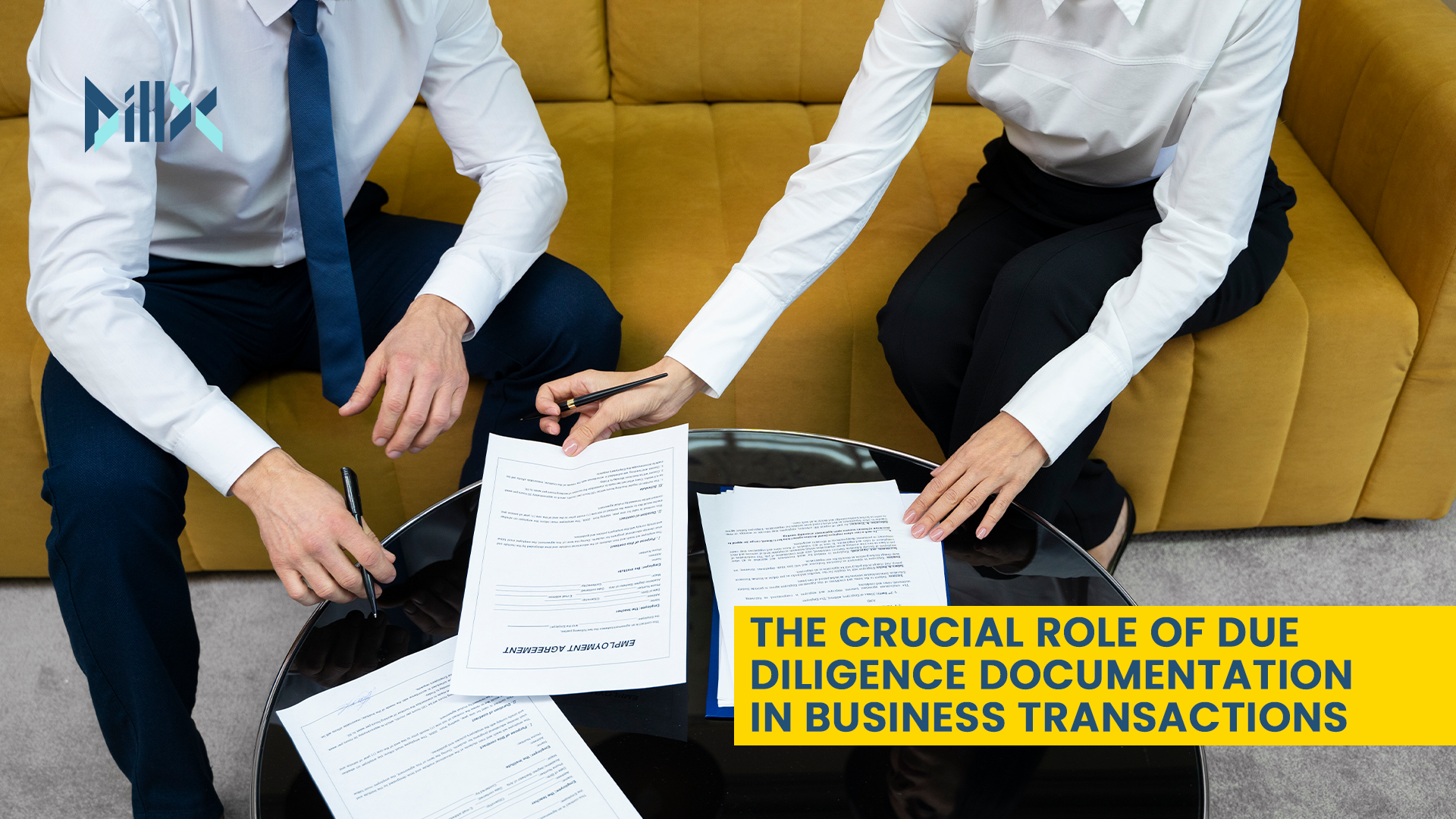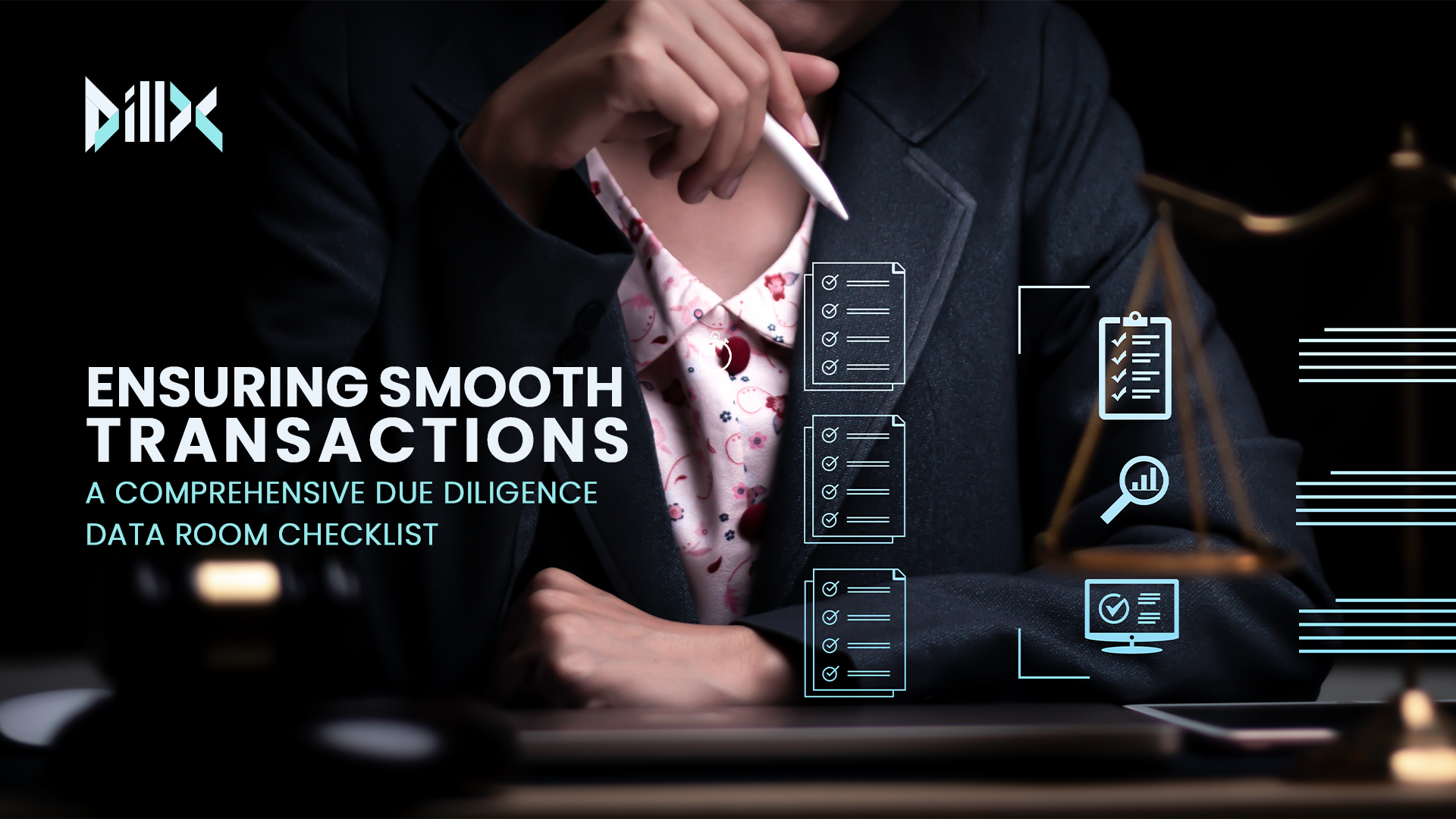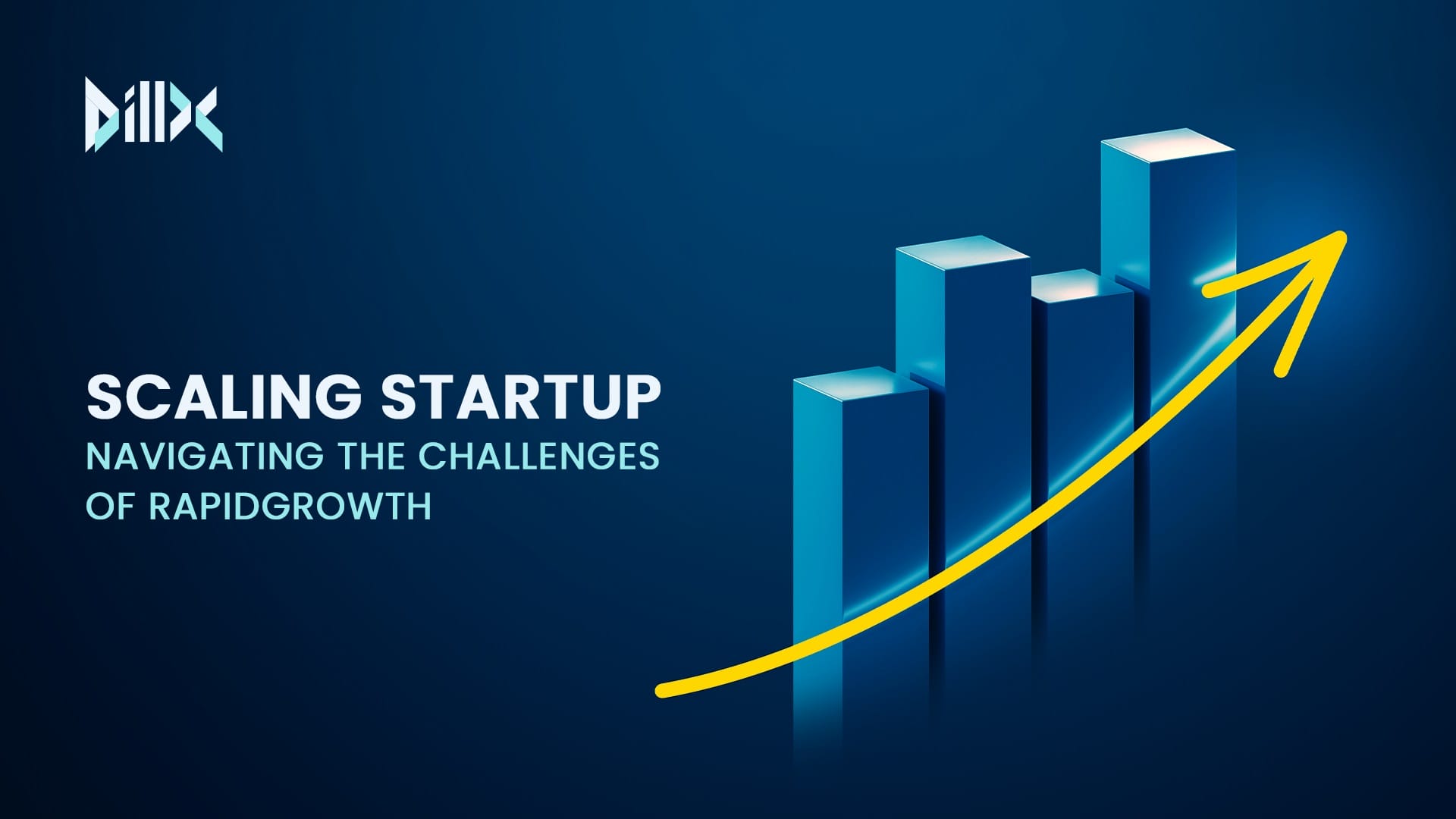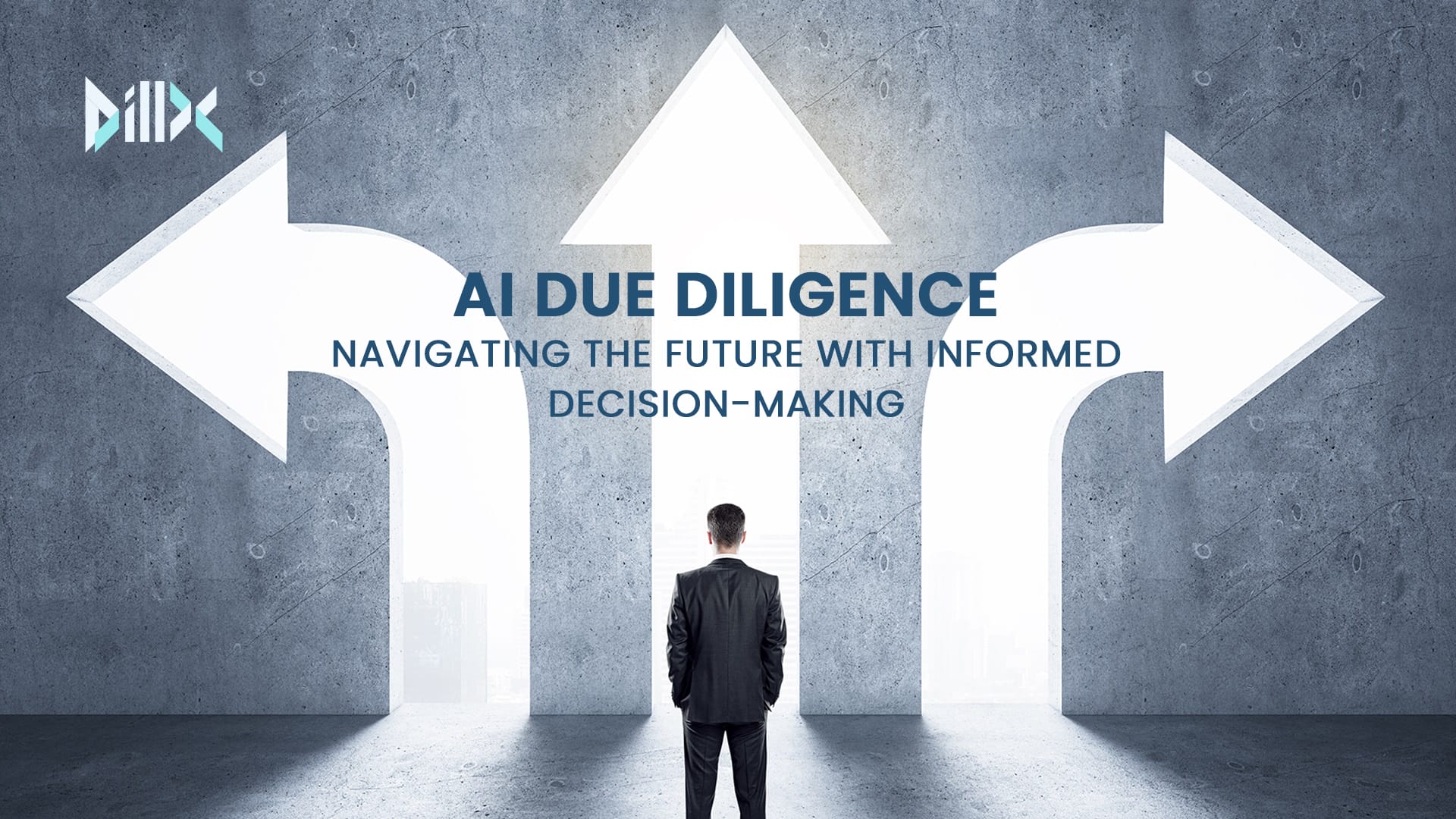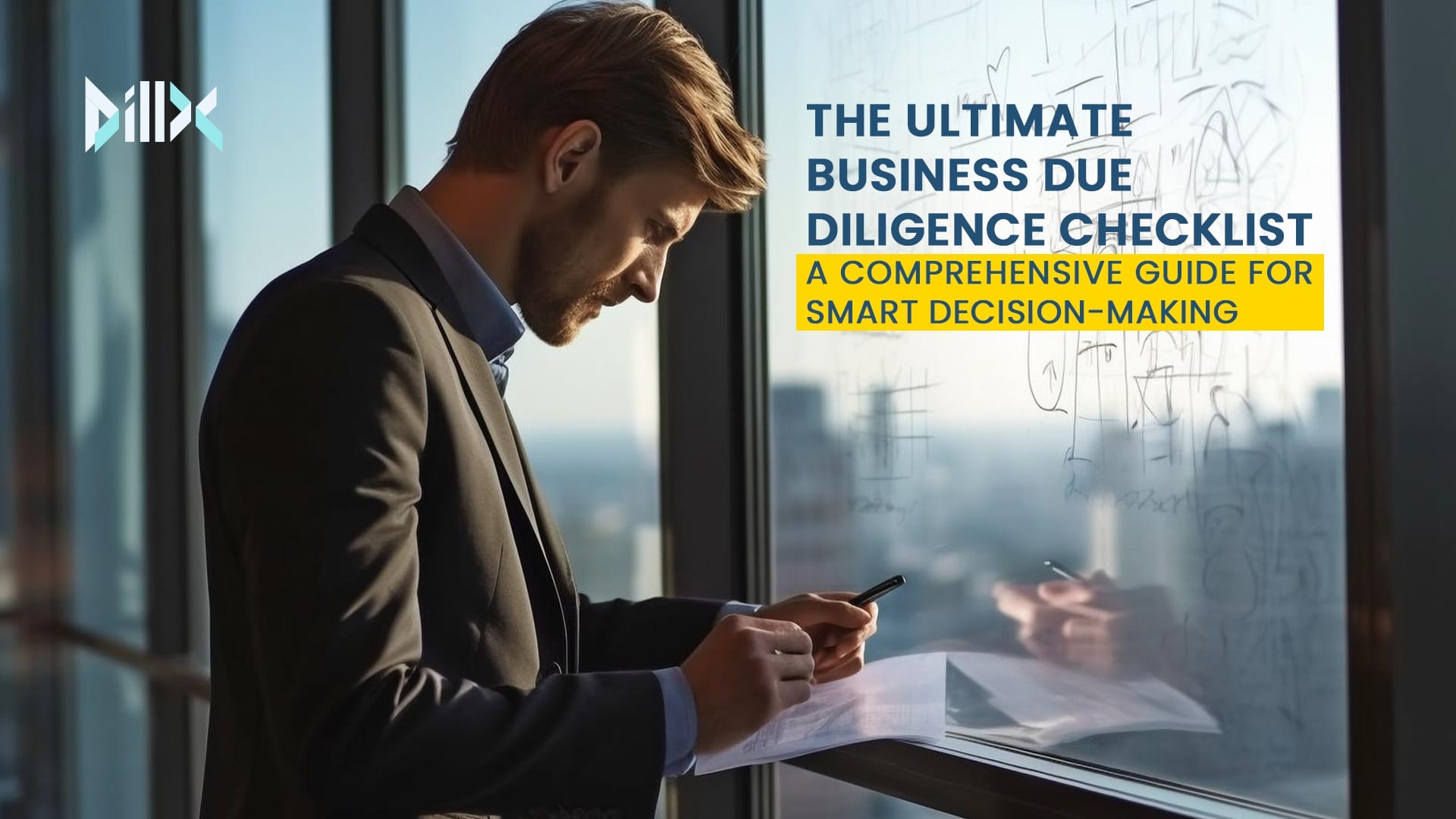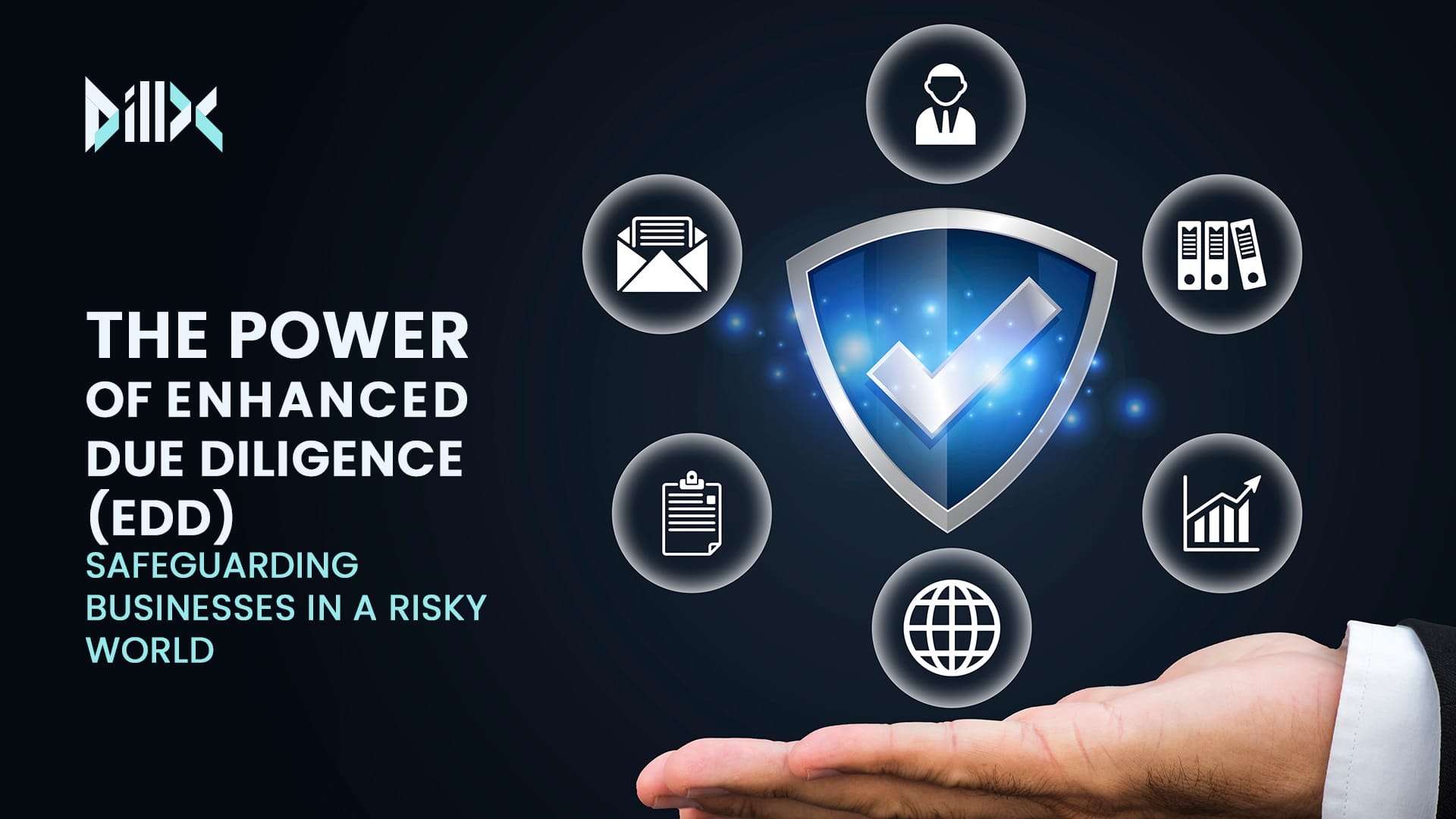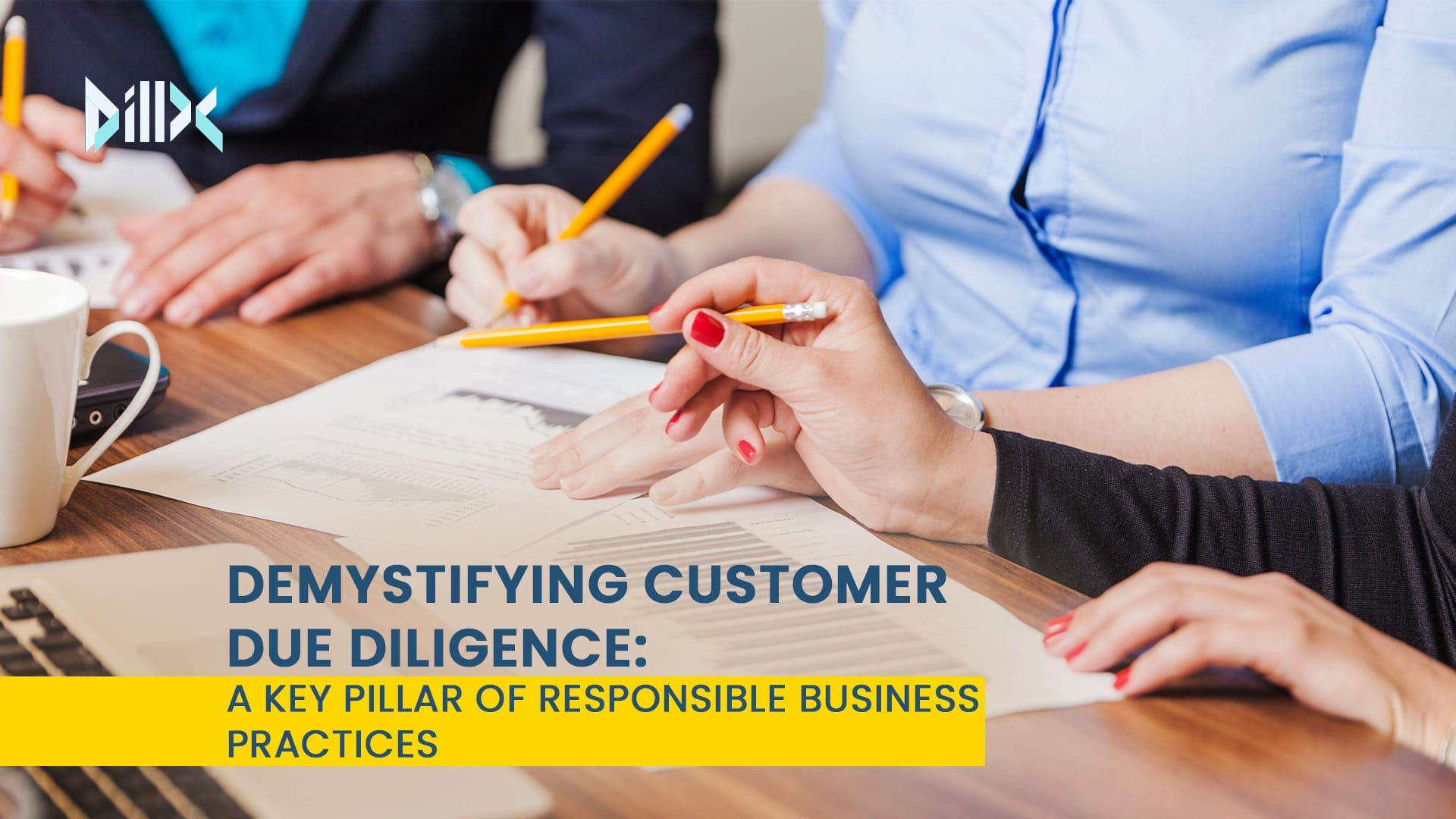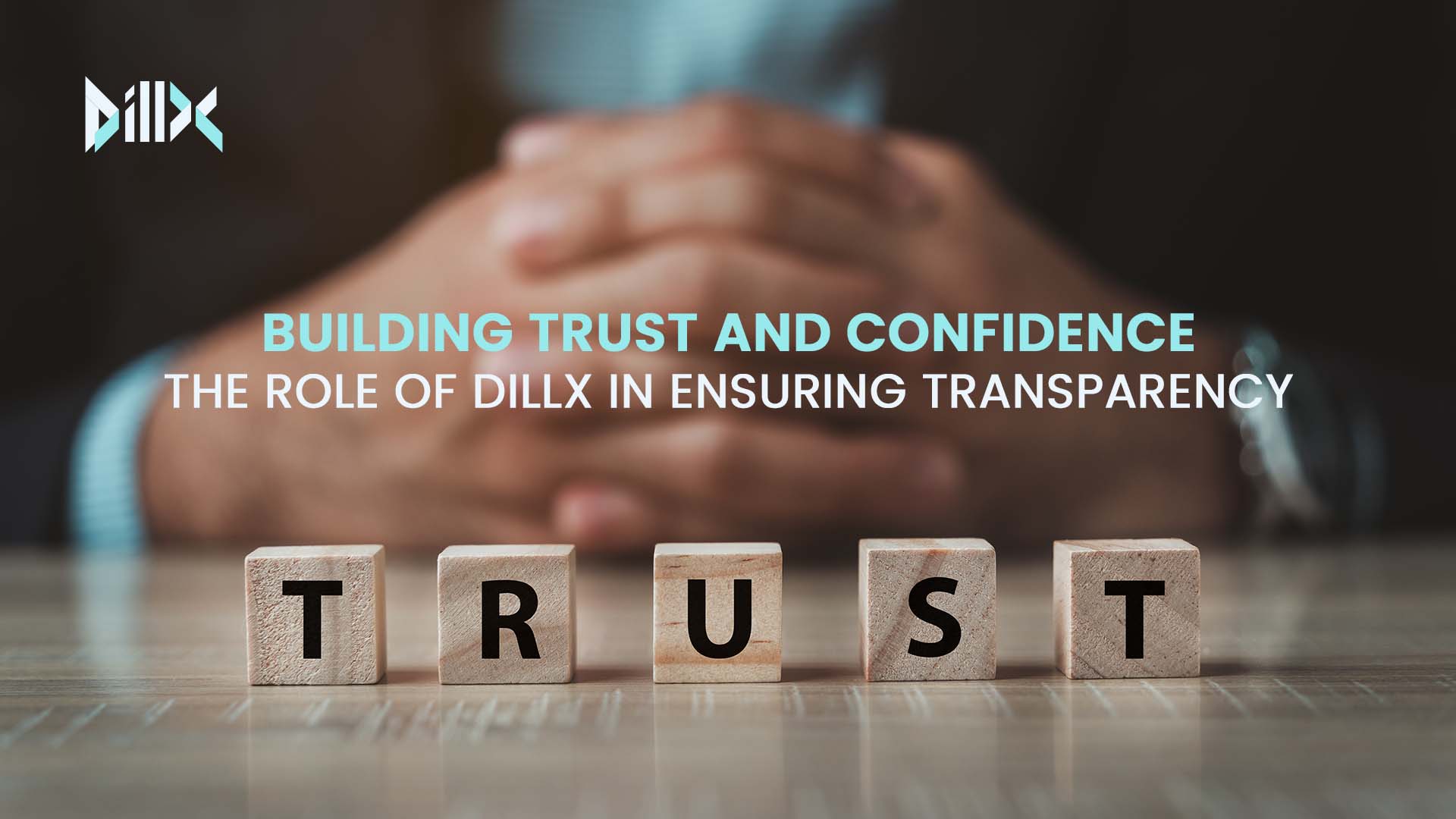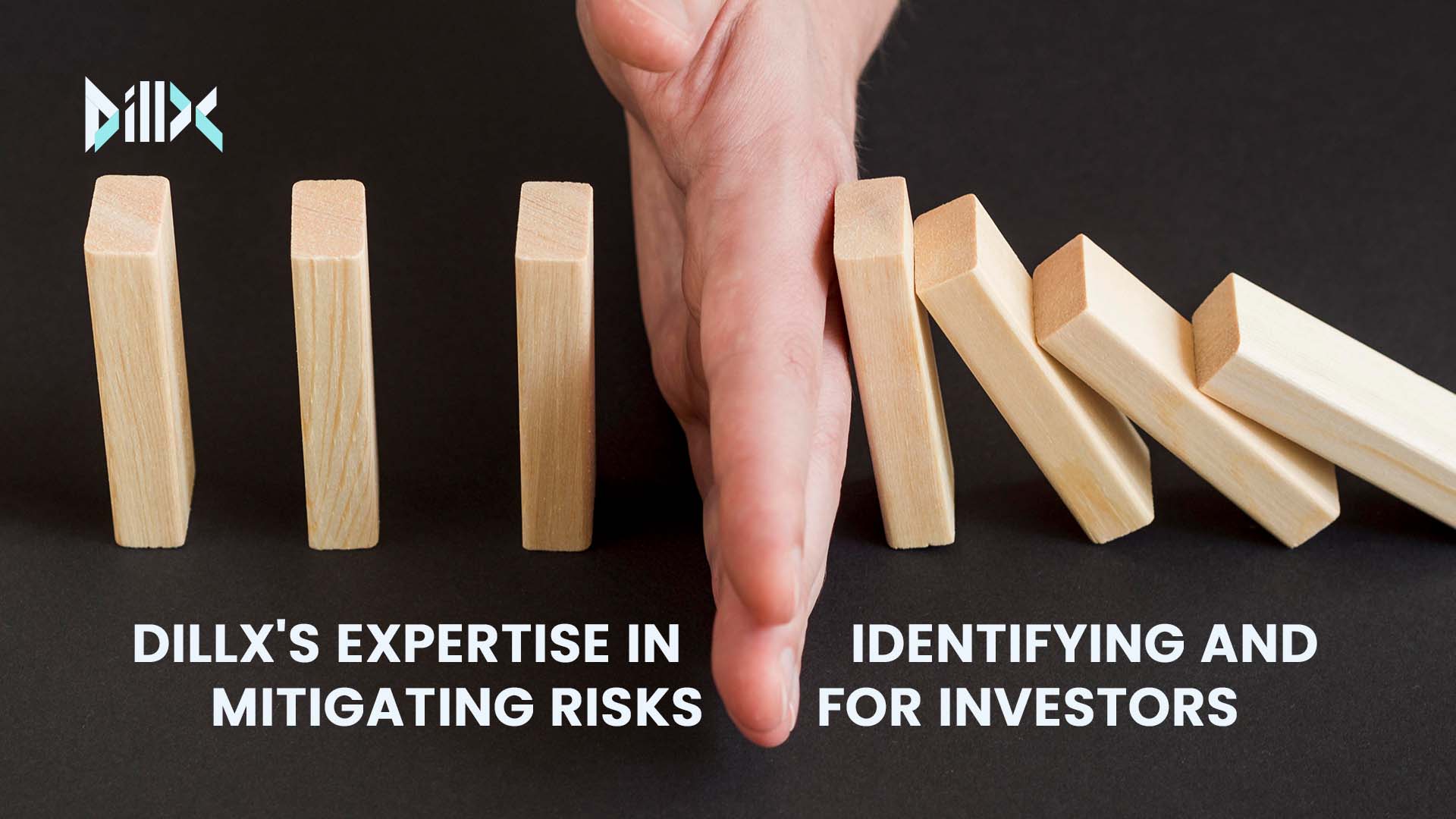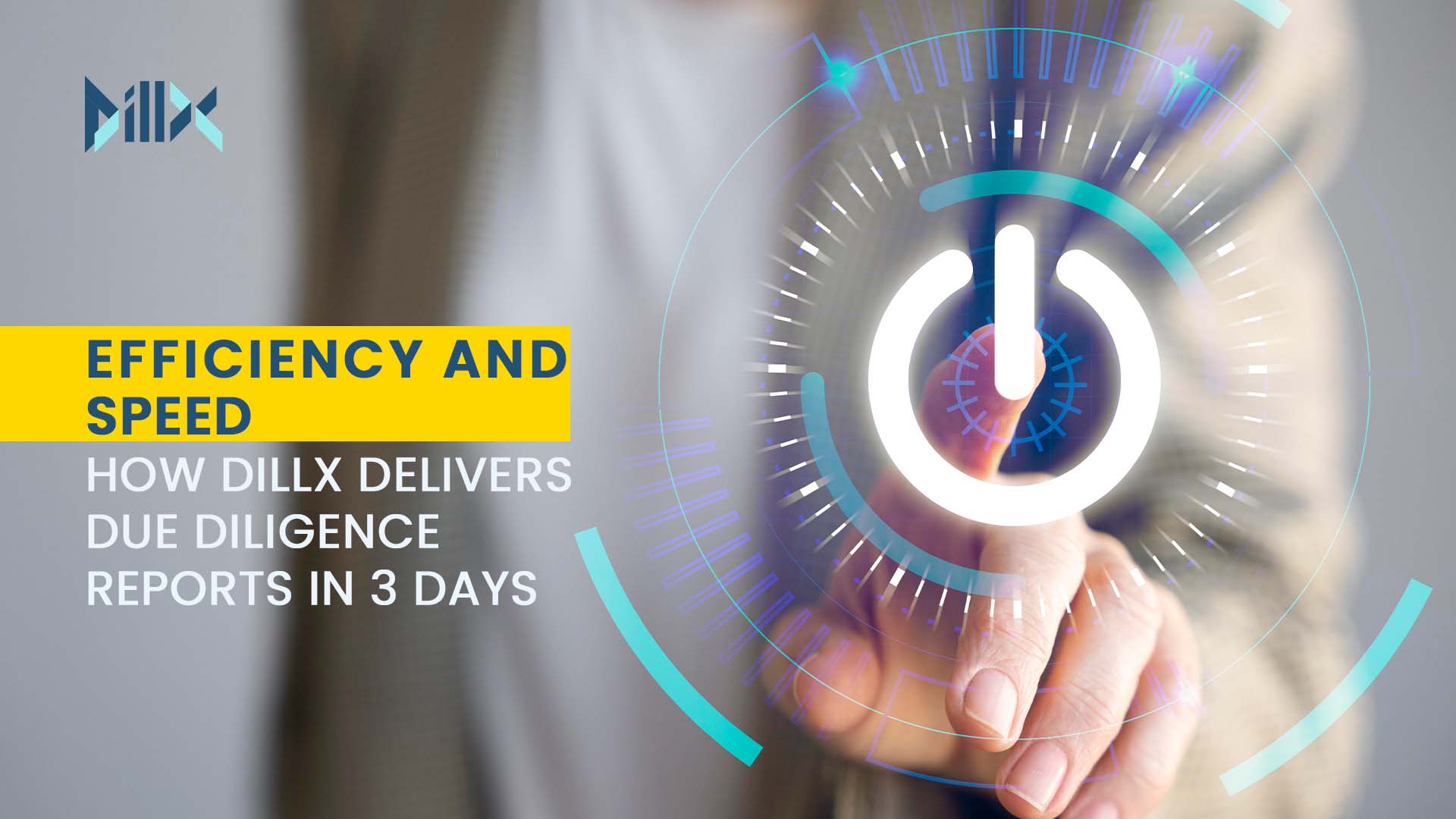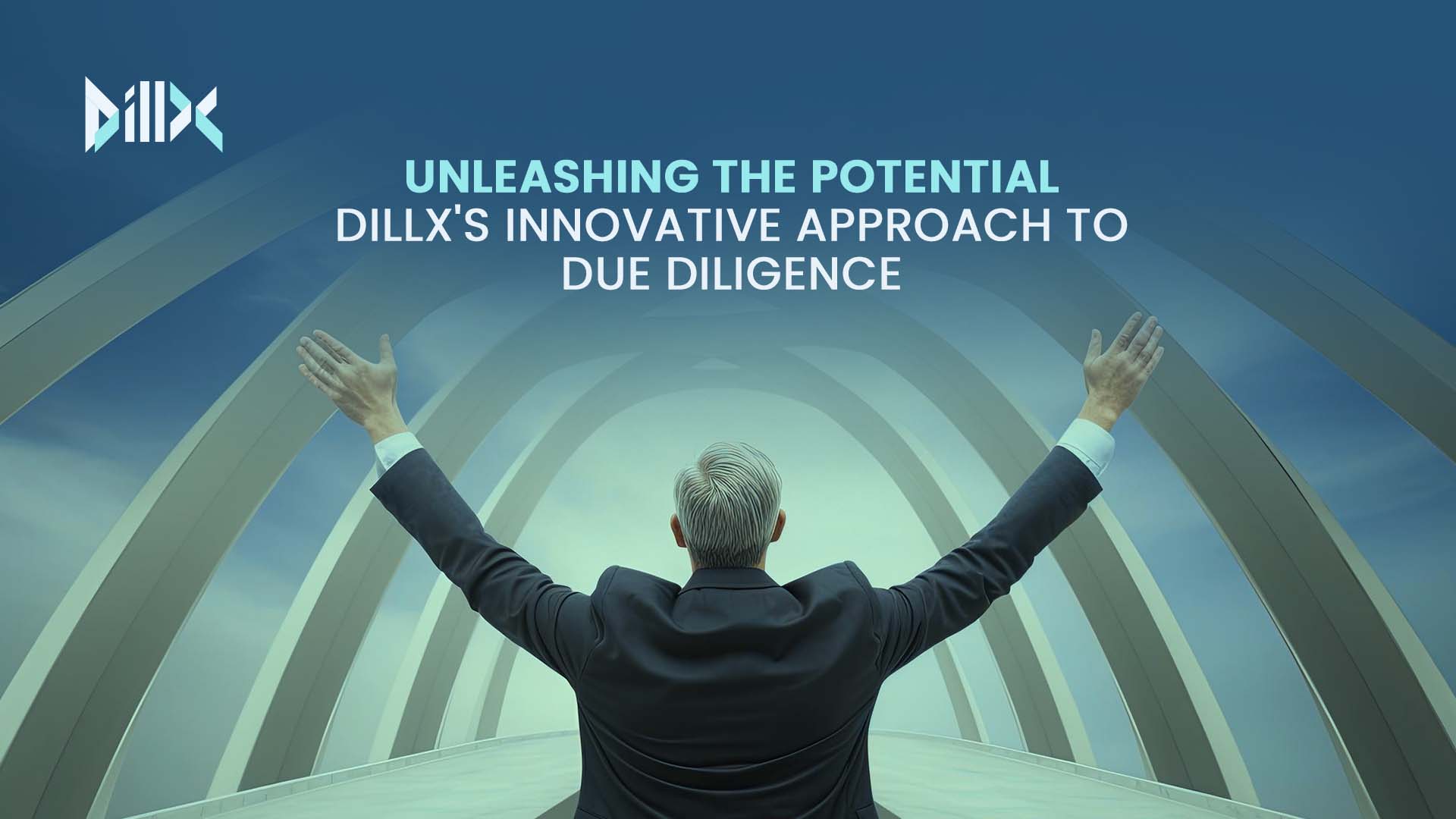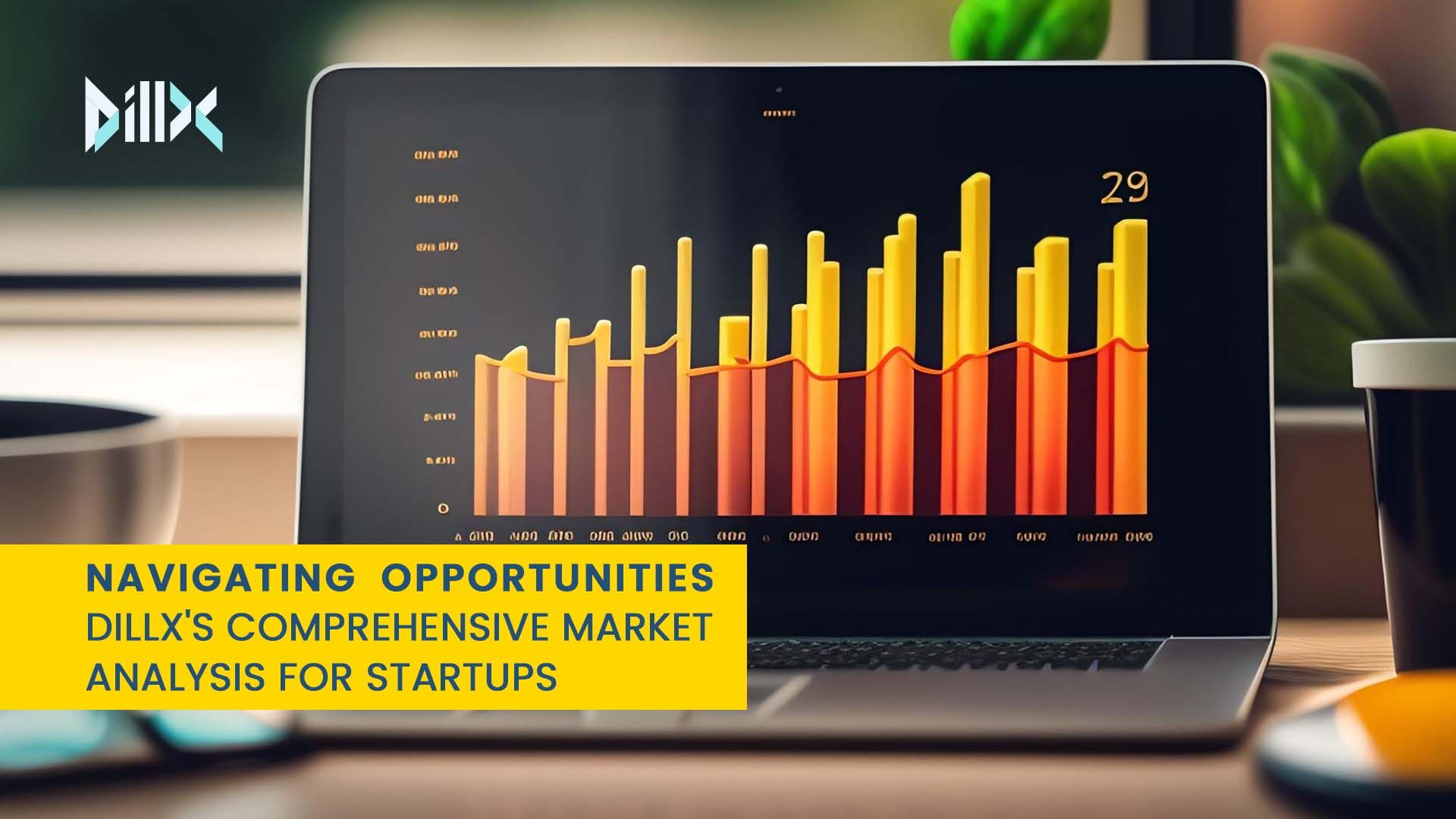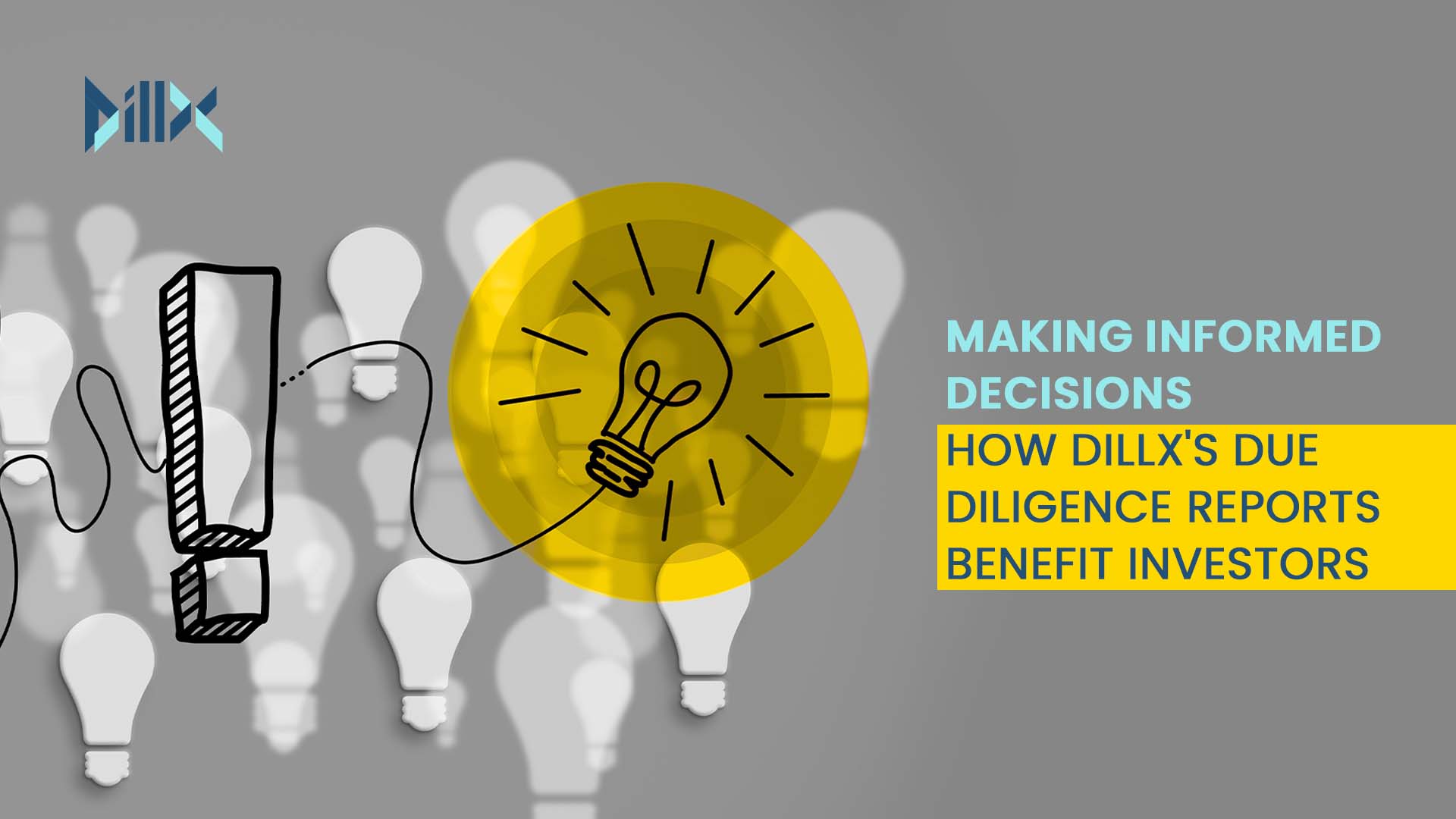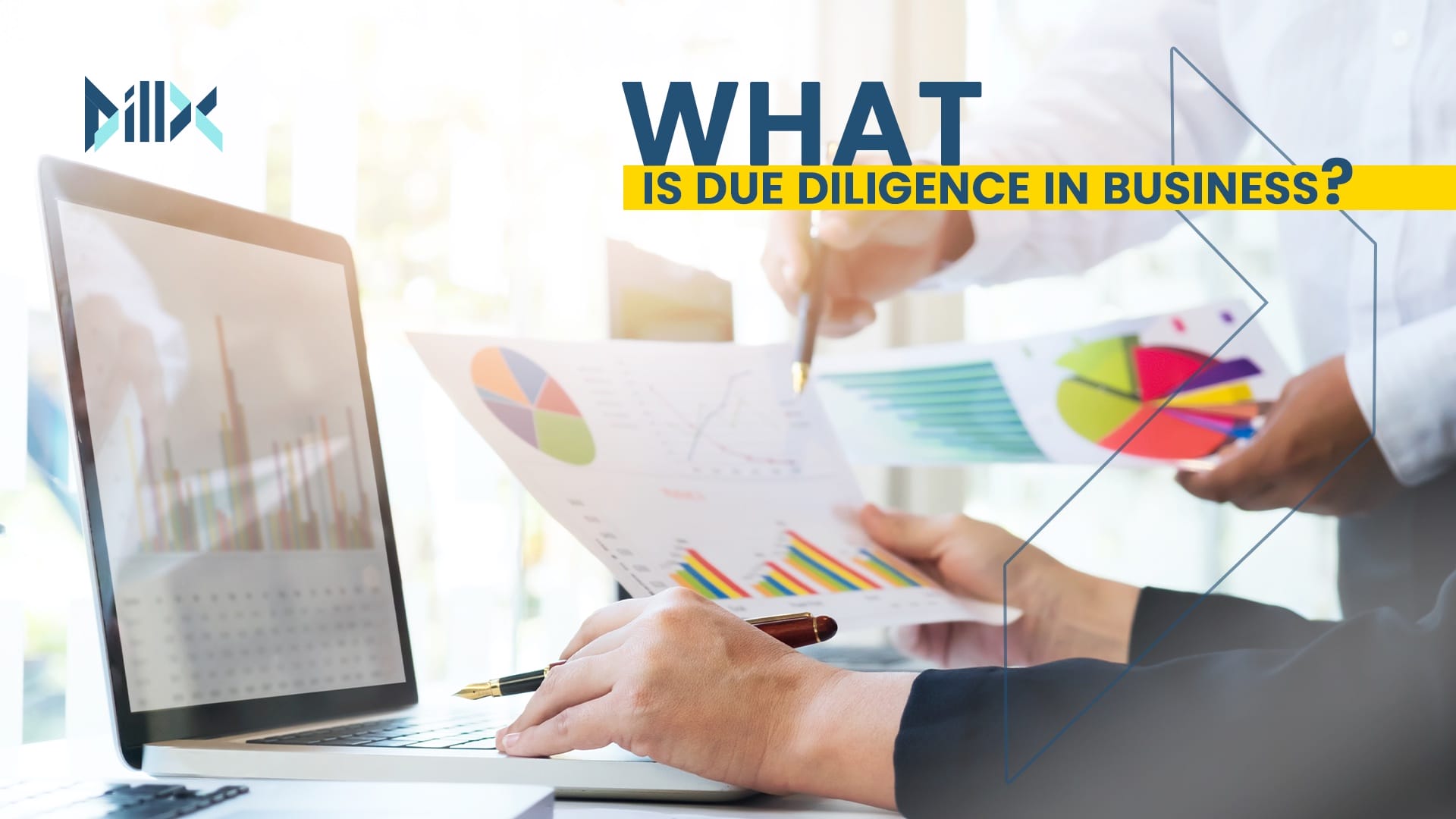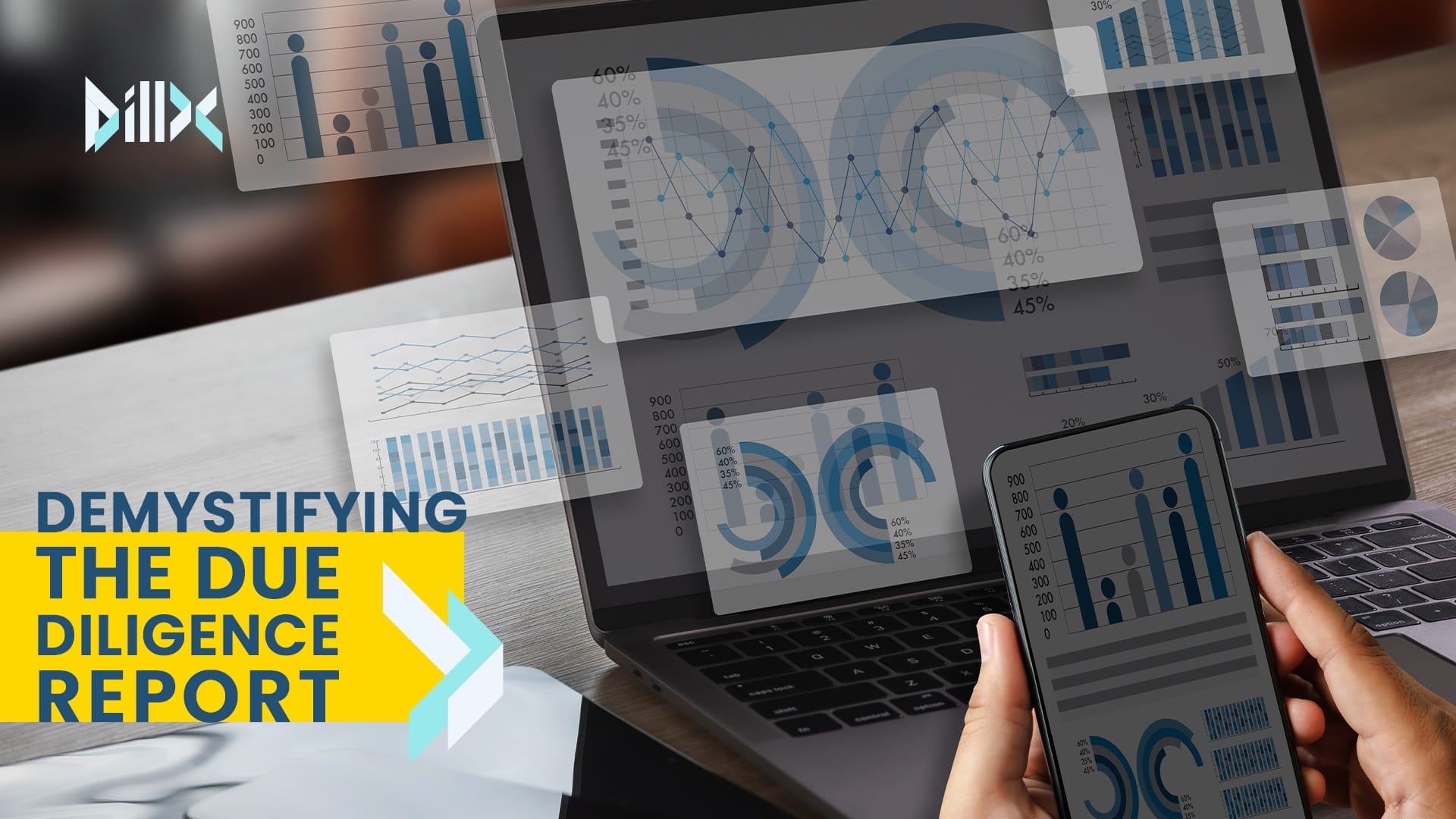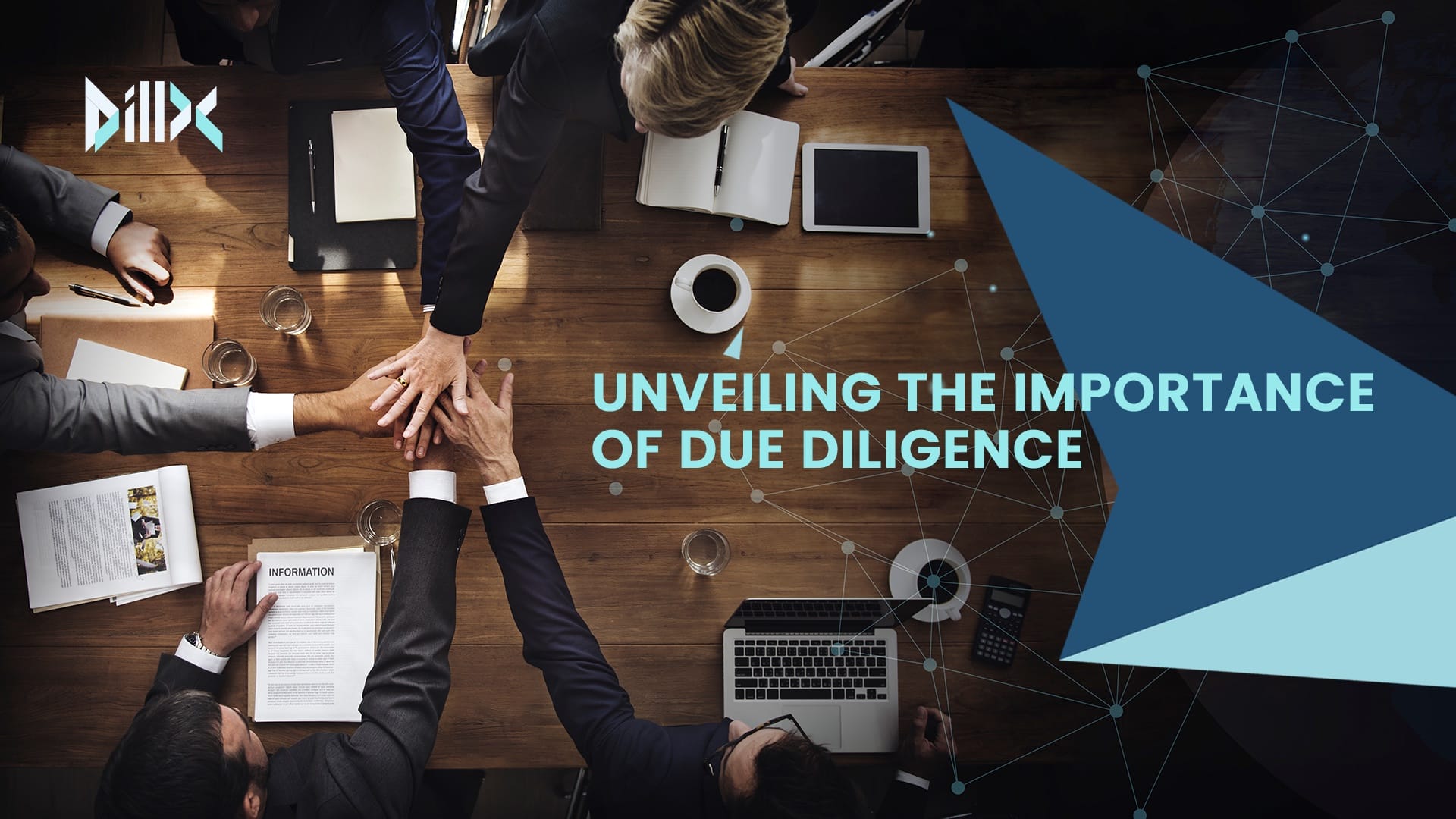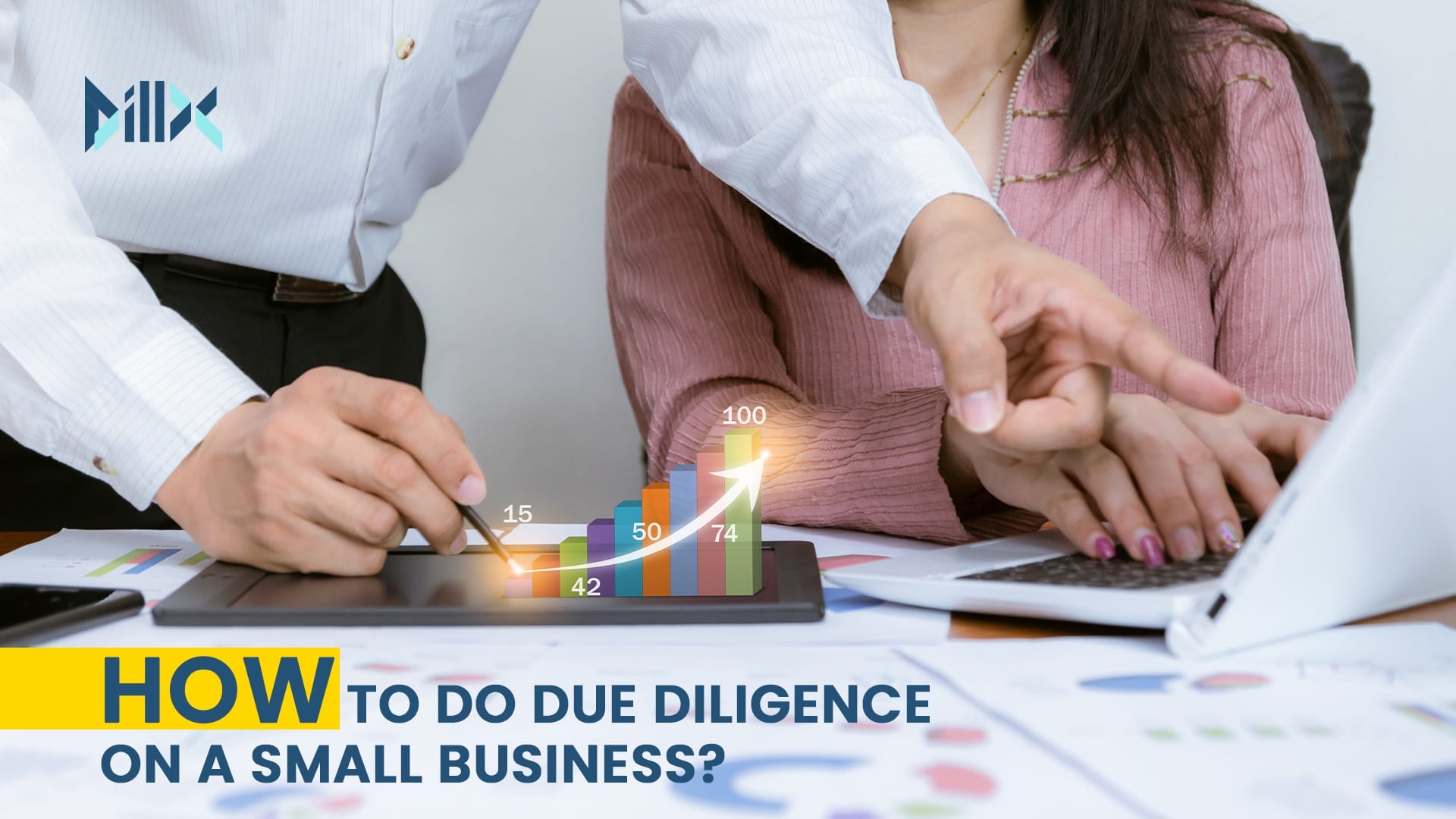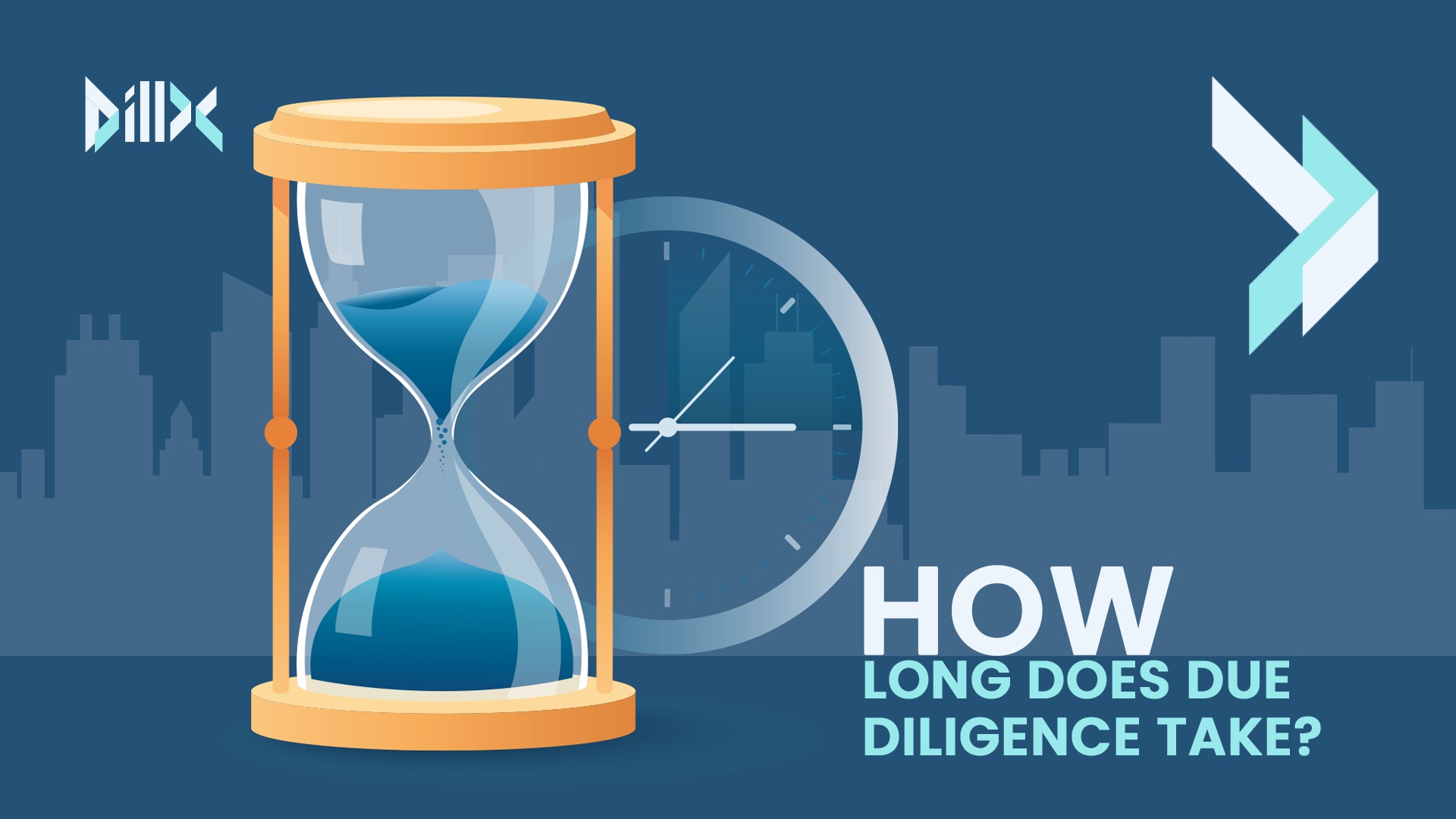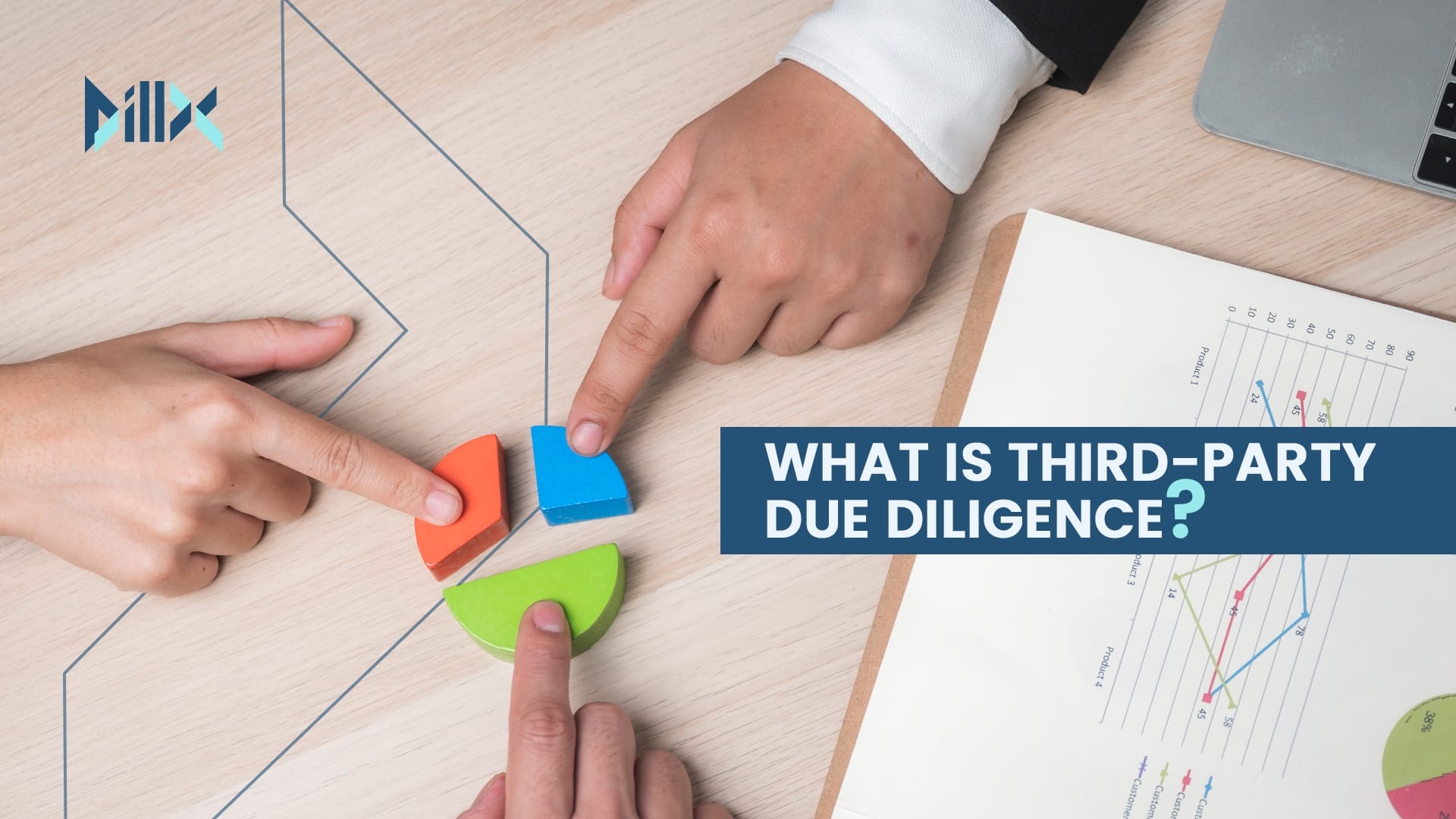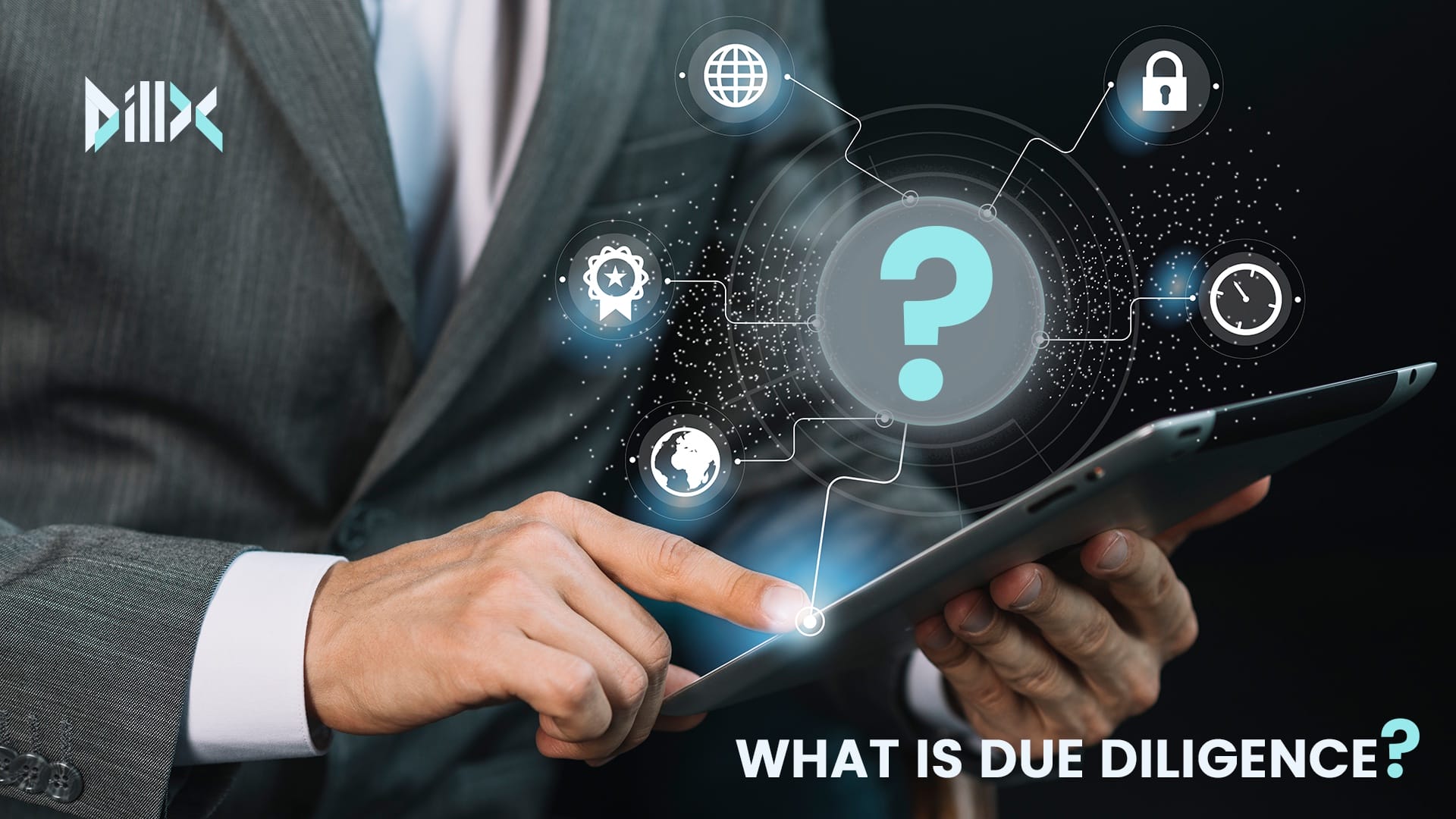In the modern business world characterized by complex networks of supplier and partner relationships, understanding what is vendor due diligence has become central to managing risk, ensuring regulatory compliance, and maintaining successful operations.
Vendor due diligence, also known as Sell-Side Due Diligence or Vendor Due Diligence (VDD), is a comprehensive process of evidence gathering and evaluation that enables businesses to assess potential partners, suppliers, or acquisition targets. This process delivers crucial insights into the partner’s practices, compliance status, and potential risk areas, especially concerning financial, operational, legal, and reputational aspects that may influence the outcome or value of a business deal.
The Essence of Vendor Due Diligence
Conducting vendor due diligence is akin to taking a deep dive into the inner workings of a potential business partner or acquisition target. It’s about evaluating the company’s financial status, operational efficiency, legal compliance, and overall reputation.
Moreover, this process is not limited to the initial stages of forming a business relationship. It should be an ongoing activity, ensuring that the vendor maintains the required standards and adapts to any changes in the business environment or regulatory landscape.
The Significance of Vendor Due Diligence
There are several reasons why businesses undertake VDD, some of which include:
Risk Management: Engaging with a non-compliant or fraudulent vendor can lead to financial loss, legal repercussions, and reputational damage.
Regulatory Compliance: Various laws and regulations mandate organizations to conduct due diligence on their third-party relationships, particularly in sectors like finance, healthcare, and defense.
Deal Value and Outcome: VDD can reveal hidden liabilities, financial discrepancies, or other issues that might impact the value or success of a potential partnership or acquisition.
Trust and Transparency: Building trust forms the bedrock of successful business relationships. VDD fosters transparency by providing an objective and thorough assessment of a vendor’s capabilities, performance, and compliance.
Operational Efficiency: VDD enables organizations to streamline their vendor selection process by quickly identifying high-quality partners.
Key Components of Vendor Due Diligence
A typical vendor due diligence process involves a holistic assessment of various aspects of a potential business partner or acquisition target. While the exact steps may vary depending on the industry, type of deal, and jurisdiction, a typical VDD process usually consists of the following components:
Background Checks
Background checks are crucial to verify the vendor’s identity, ownership, and management structure, as well as to investigate their business history and track record. It also involves researching past or ongoing legal disputes, bankruptcy filings, sanctions, and other negative information that could potentially impact the business relationship.
Financial Analysis
Financial analysis involves reviewing the vendor’s financial statements, accounting practices, and internal controls. Key information includes profitability, liquidity, solvency, and cash flow, along with any financial risks or anomalies that could impact the deal’s value or performance.
Legal Review
A legal review involves analyzing the vendor’s contracts, licenses, permits, intellectual property, and litigation history, as well as their compliance with relevant laws and regulations.
Operational Evaluation
An operational evaluation assesses the vendor’s processes, systems, infrastructure, and personnel to determine their efficiency, effectiveness, and resilience. Depending on the nature of the relationship, it may involve investigating the supply chain, quality management, cybersecurity, and business continuity.
Regulatory Compliance
Regulatory compliance checks verify that the vendor adheres to all applicable laws, regulations, and industry standards, such as anti-money laundering (AML), anti-bribery and corruption, data protection, and environmental, social, and governance (ESG) requirements.
Reputational Assessment
A reputational assessment examines the vendor’s reputation, brand, and public image, as well as their relationships with customers, suppliers, regulators, and other stakeholders.
The Process of Vendor Due Diligence
In essence, vendor due diligence involves a systematic approach to gathering and assessing relevant information about a potential partner. While the specifics may differ based on the industry, deal type, and jurisdiction, the VDD process generally involves the following steps:
- Engage a Third Party: The vendor engages an independent, impartial, and qualified third party to conduct the audit.
- Conduct the Audit: The third party performs the audit on the vendor before the commencement of the sale or partnership arrangement.
- Produce a Draft Report: The third party produces a draft vendor due diligence report, which is shown to all prospective buyers or partners.
- Complete the Sale/Partnership: After the sale or partnership arrangement is complete, the buyer receives a final version of the vendor due diligence report.
Vendor Due Diligence and AML Compliance
Vendor due diligence plays a vital role in identifying and mitigating risks associated with anti-money laundering and financial crime. AML-specific VDD steps give businesses confidence that a vendor has appropriate AML policies, procedures, and controls in place to prevent and detect money laundering, terrorist financing, and other illicit activities.
The AML VDD process typically verifies the implementation and effectiveness of a vendor’s:
- AML policies and procedures
- Customer due diligence processes
- Record-keeping practices
- Training programs
- Internal controls and audit functions
Furthermore, VDD professionals will also probe the vendor’s history of regulatory examinations, enforcement actions, and any penalties related to AML non-compliance. This includes reviewing examination reports, settlement agreements, and other regulatory documents to identify areas of concern.
Vendor AML compliance is a priority for money services businesses, banks, exchanges, the FinTech industry, and other fields that operate under strict AML regulations. Partnerships with these businesses depend on the ability to implement and demonstrate effective AML systems and controls.
To streamline the AML compliance process, businesses can leverage solutions like DillX, a SaaS platform that automates the entire due diligence process, generating detailed DX reports with pre-verified company information and red flag alerts. Founders can track their investment readiness, while investors can assess more startups with reduced risk.
In Conclusion
Understanding what is vendor due diligence is paramount in today’s business landscape. It is a critical process that helps businesses assess potential partners, suppliers, or acquisition targets, ensuring they maintain high standards and adhere to regulatory requirements.
By conducting effective vendor due diligence, businesses can mitigate their risks, ensure regulatory compliance, and make informed decisions that contribute to their long-term success and sustainability.


